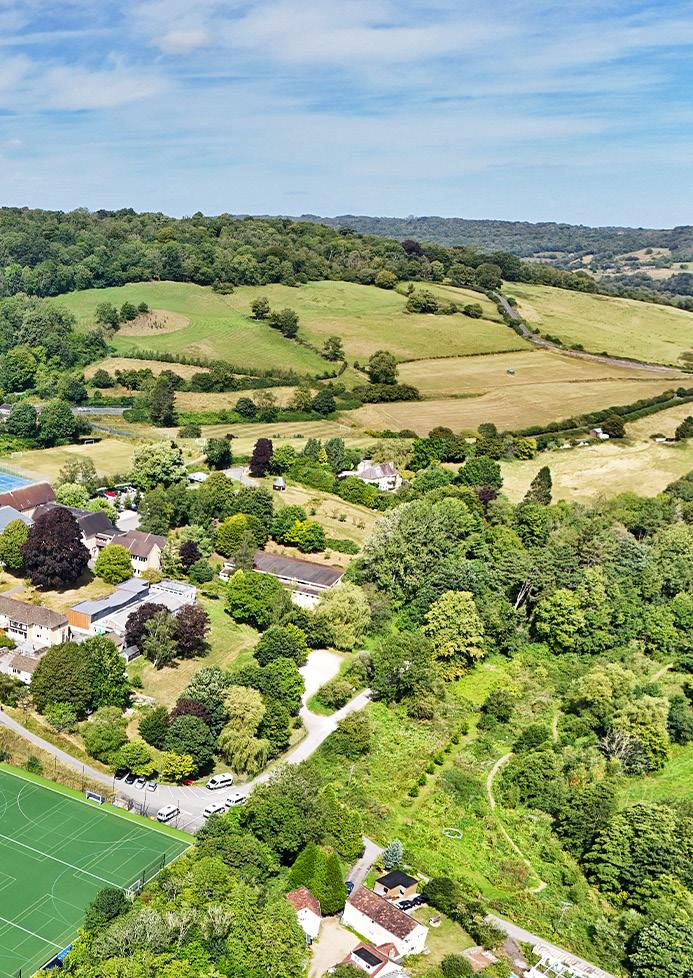ENTERING SIXTH FORM MONKTON
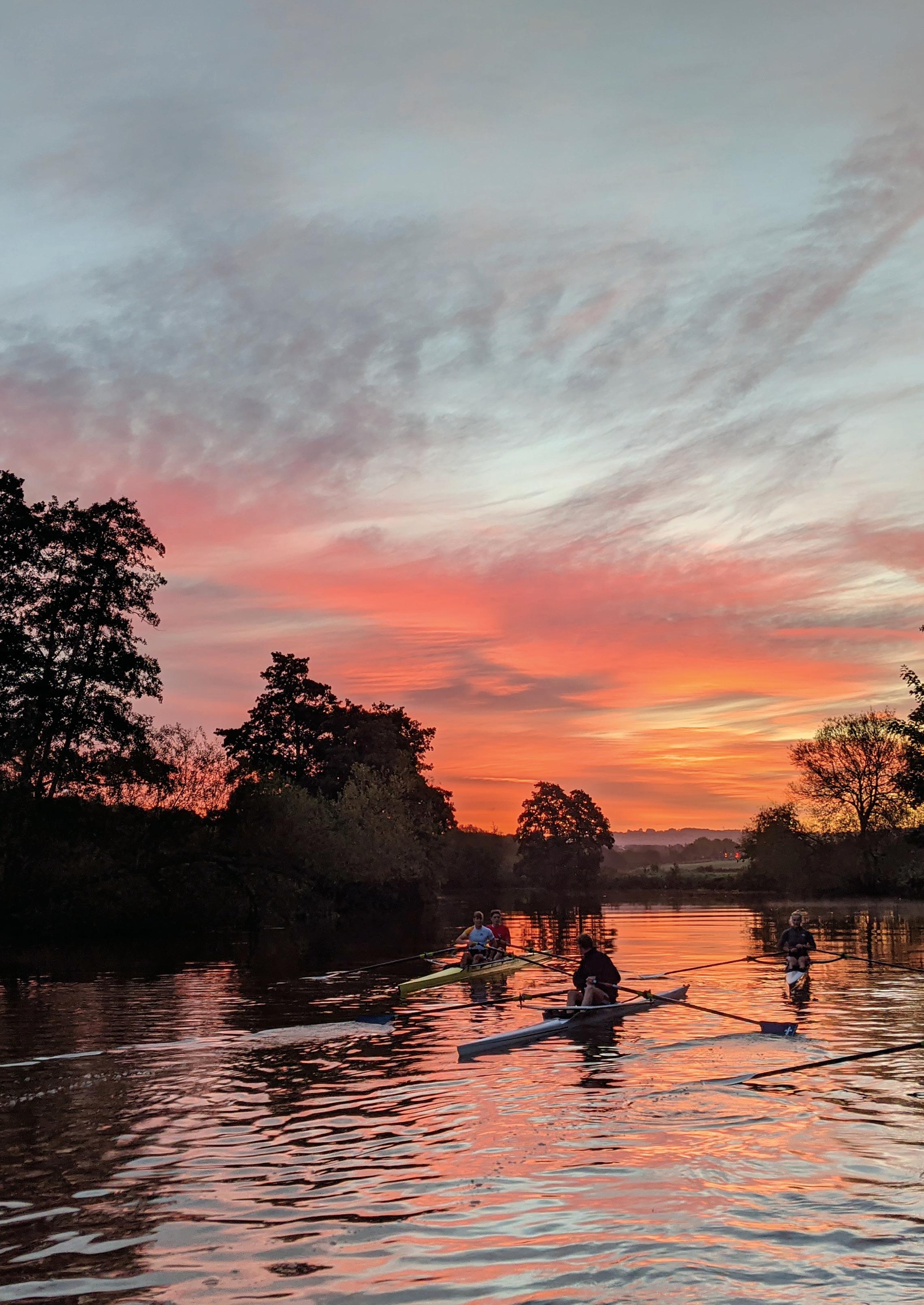

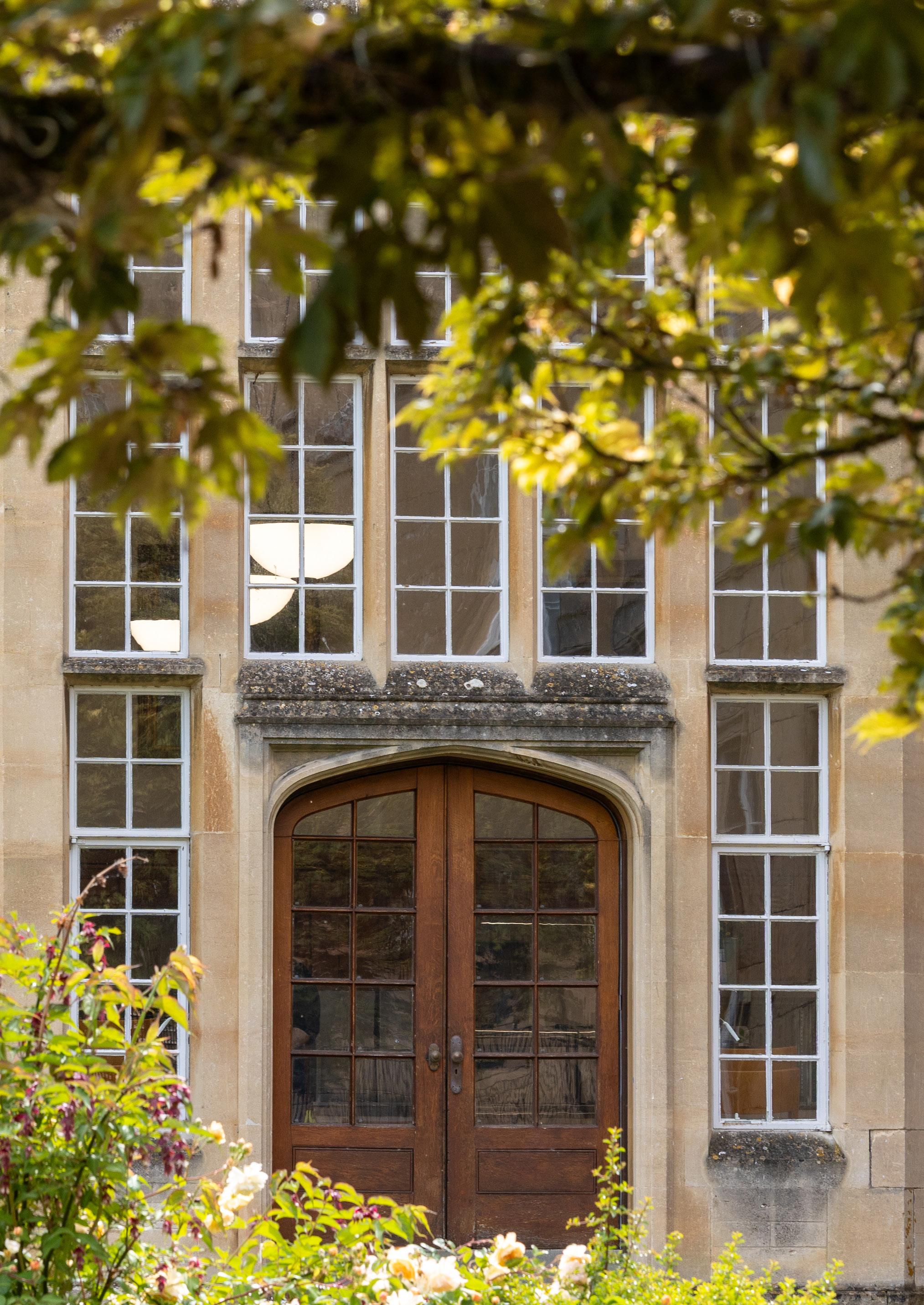




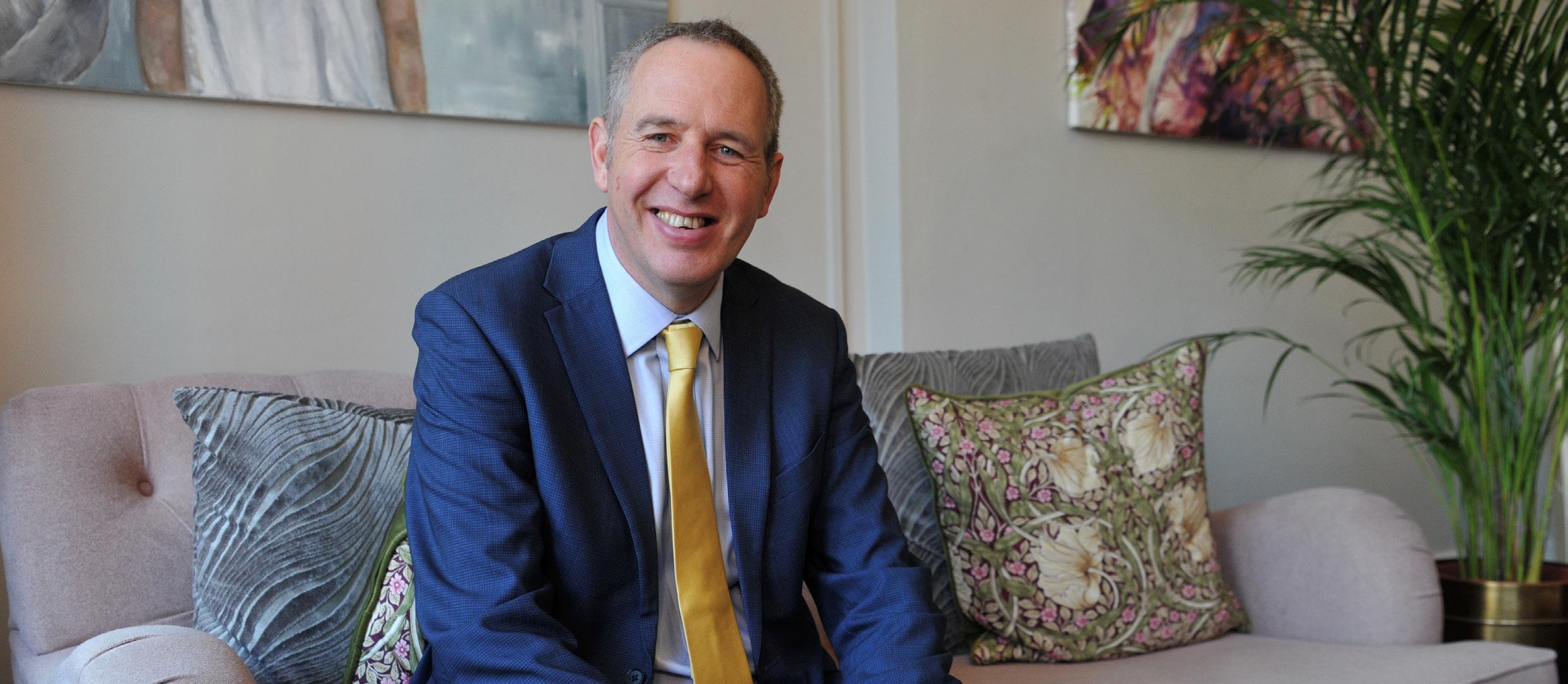
The Sixth Form years are unique on the school journey. For the first time, we are not preparing pupils for more school. We are all engaged in preparation for life after school. This is not just a change for the Sixth Formers but for their parents whose position starts to shift from walking ahead or pushing from behind to increasingly walking alongside their sons and daughters. In the Sixth Form, each Monktonian needs to be doing final preparations to make their own decisions, to take responsibility for their own professional and personal relationships, to manage commitments and create their own path.
This is a gradual process that starts from the decisions around subject choices. Some find this very easy because they cannot wait to lose some of the weight they have carried through their GCSE courses and have a clear goal. Others find it incredibly difficult due to too much choice or not enough. At Monkton, we are keen to walk through this process with you and bring all of our experience and knowledge to bear to help make informed decisions. This starts with the information in this booklet which has been curated by experts in their fields who are brilliantly placed to guide and advise.
Looking ahead, it is not going to be enough to finish school with a good set of grades. The leaders of
future workplaces are seeking to discern people of quality from the many CVs and applications that fill their inboxes. Monktonians can use these final years to stand out, experience opportunities to take the initiative, start something new, demonstrate long-term commitment and have stories to tell of great successes and enduring tough times.
The Sixth Form years at Monkton are filled with the most outstanding opportunities for growth of any stage in school; it is the best of us. Students can expect to be trusted and known, inspired and encouraged to be ambitious for all that is to come. None of this is a bolt-on to the life of the school but is embedded in the soil of the valley, formed by all those who have gone before, and what is needed for the next generation.
This prospectus sets out the information you need about the provision and choices available for Sixth Form students at Monkton. If you have any questions, please reach out to us; we would love to have that conversation with you. The Sixth Form is not just more of the same, it is a time of great influence, equipping and new horizons.
Bradley Salisbury Principal
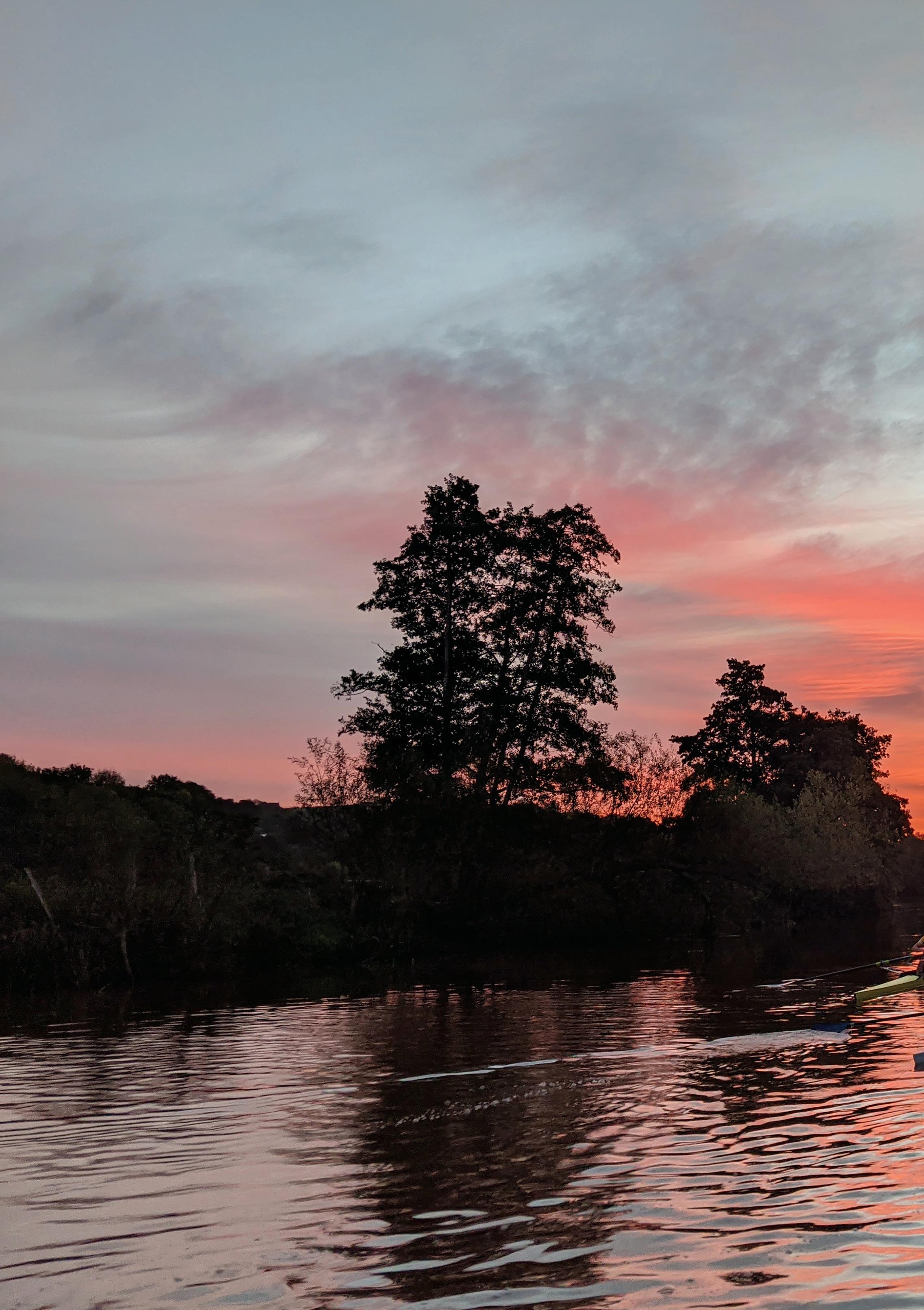
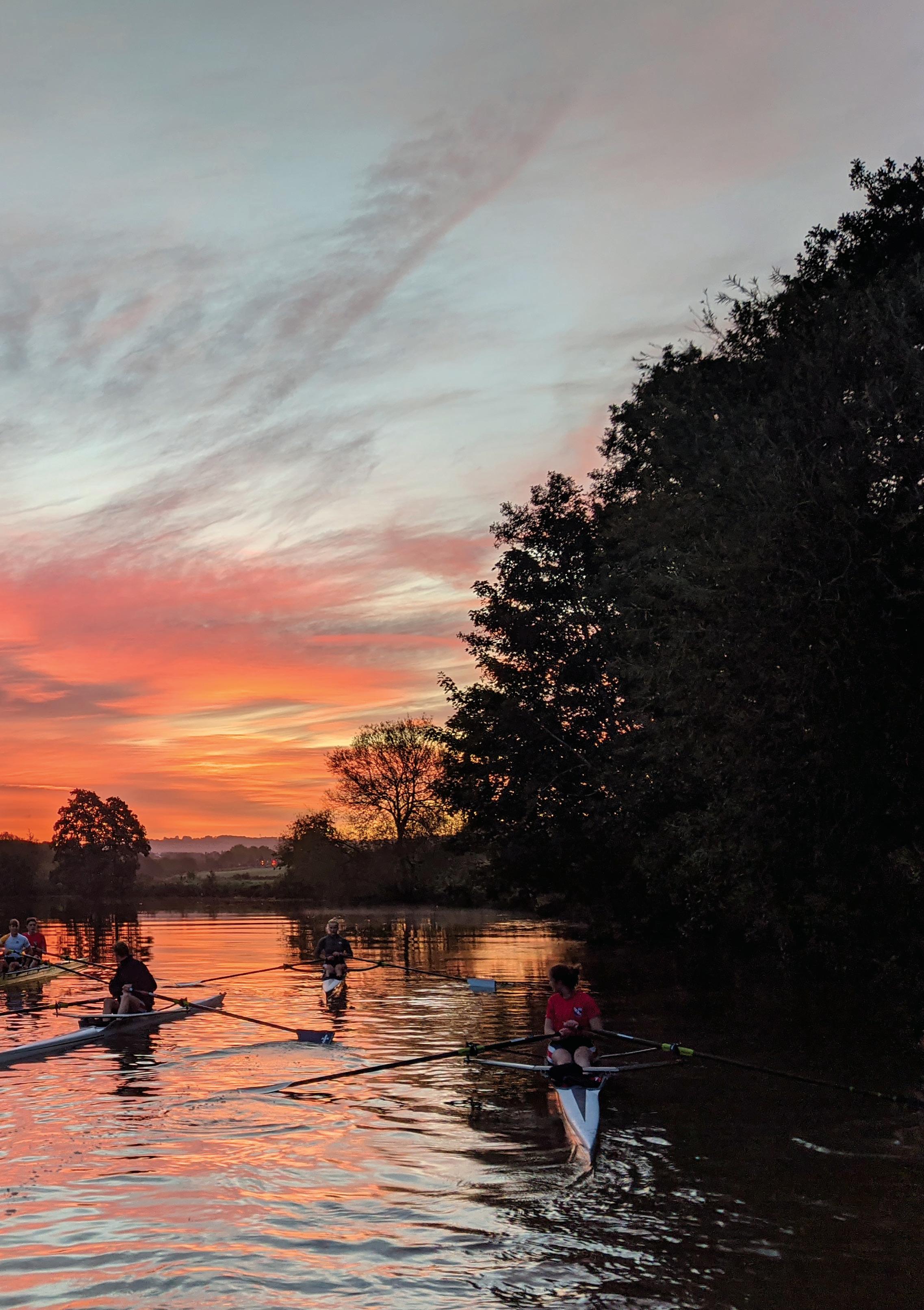
Scholarships
Admissions
Academic
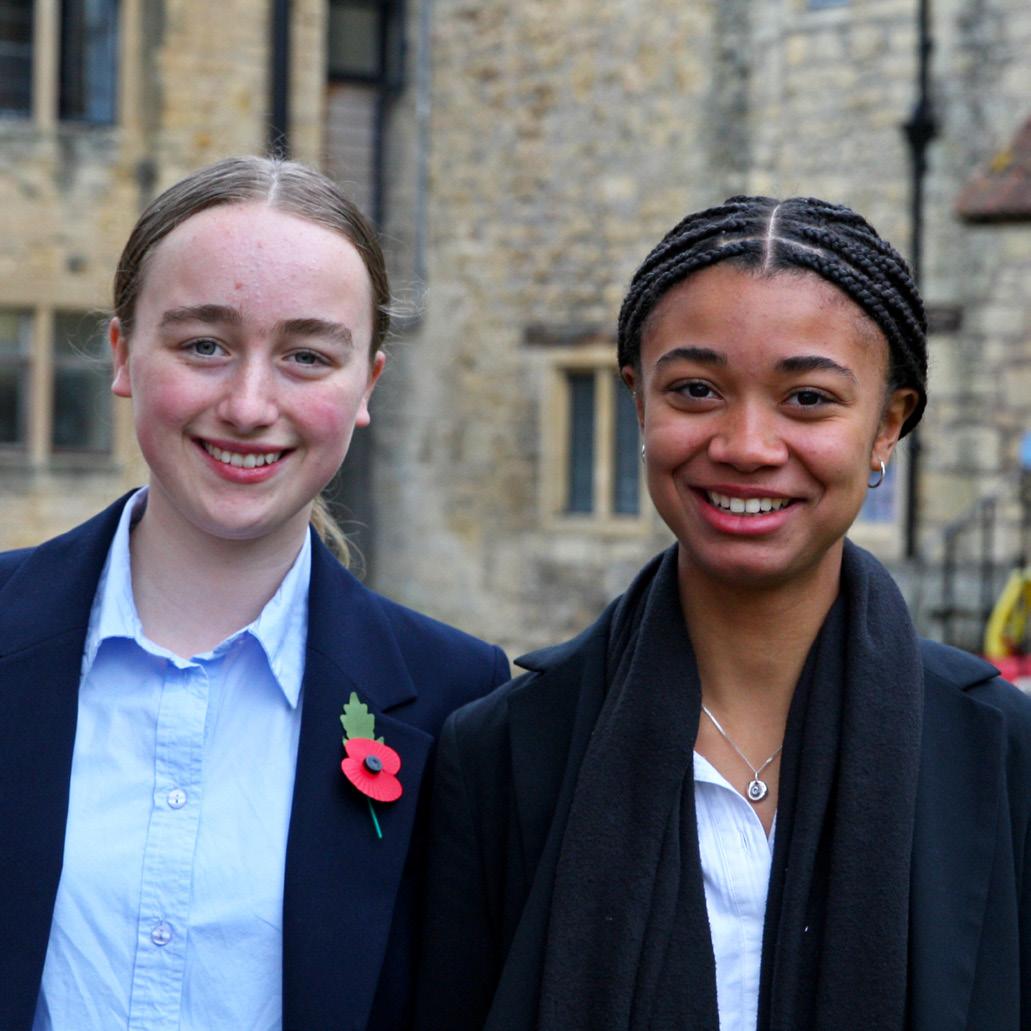
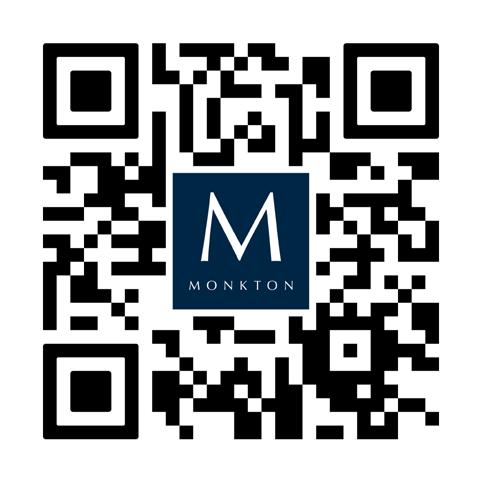
Monkton Sixth Form offers you so much, whether you are joining our community for the first time, or continuing your Monkton journey.
You will find a way of life that enables you to know and be known across the school. The deep connections amongst students, and between students and staff, creates a freedom to push yourself, grow and pursue your passions.
You will experience a rich and diverse range of subjects, taught with passion and academic rigour from teachers who focus on you as an individual, to help you reach your full potential. Each faculty creates a wonderful variety of opportunities to enrich the academic learning beyond the classroom and help you begin to see where your studies can take you.
For Years 12 and 13, you are invited to take control of the many co-curricular options to broaden and enrich your experience. You will be able to immerse yourself in activities and initiatives tailored to inspire you, help you grow into a confident, engaged and resilient individual, enriching and enhancing your academic journey.
Sixth Form is centred around your future, and Monkton will challenge you to be ambitious in your studies, but also in becoming the person you want to be, pursuing the future that you believe in. You will learn skills that are vital for the future, through our Leadership Award and Futures programme, and have 1:1 support in discerning where you want to go and how to be successful on that path.
Monkton Sixth Form will empower you to shape your future. From exceptional learning opportunities to personal growth, you will leave us ready to thrive.
Community
Boarding
Christian Ethos

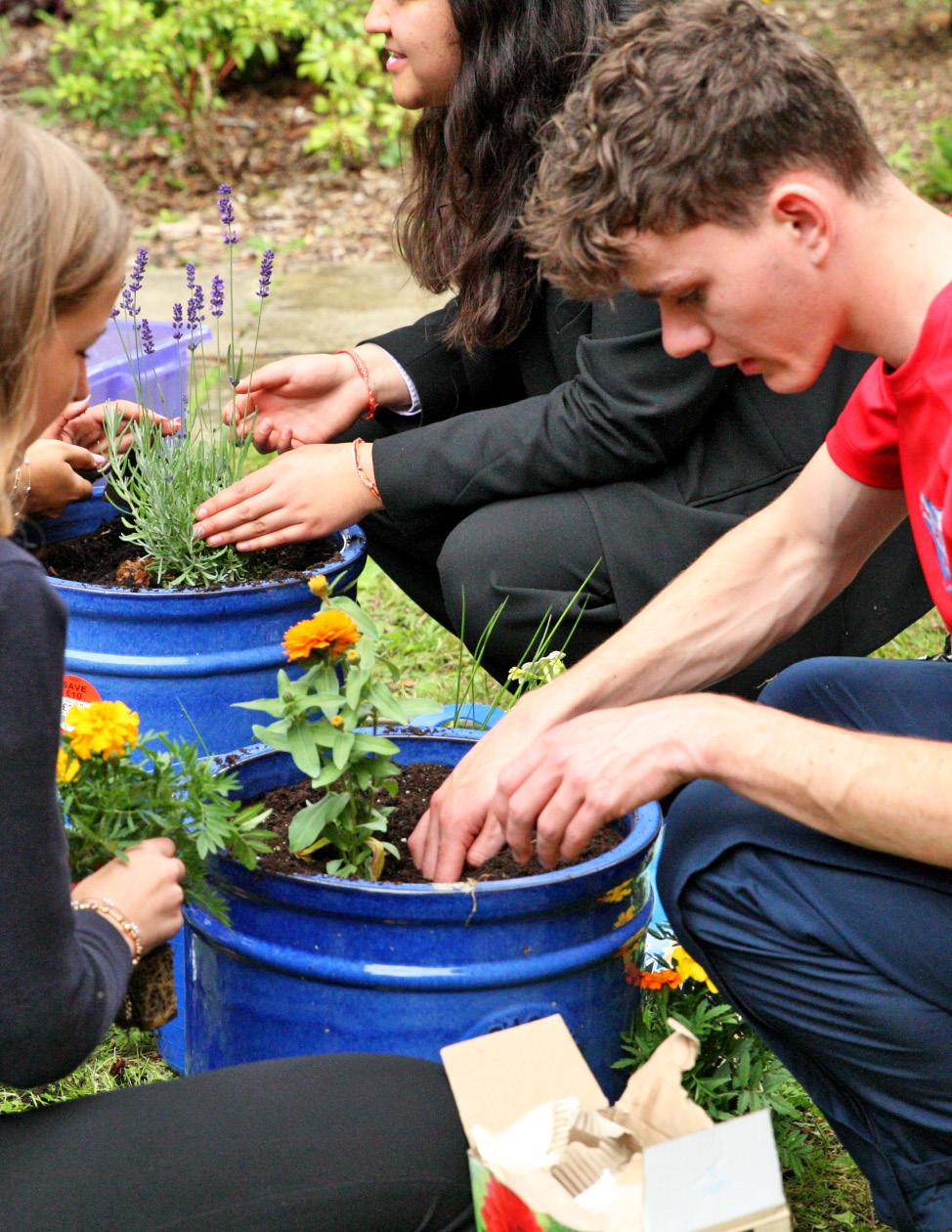
The truly special community is one of the things that sets Monkton apart and is an aspect that is deeply valued by so many pupils, past and present.
We have a distinctive, blended approach to boarding, with all pupils, day and boarders being integrated in the Houses and the opportunities for day pupils to engage with the evening and weekend programme. This enables every student to be known by teachers in a deep and nuanced way, creating a place where it is safe to try, to step out of your comfort zone and push yourself.
This sense of community comes into even sharper focus in Sixth Form. With teachers you will experience a much more adult to adult partnership, in the classroom and in the Houses. The wholehearted care you experience from so many staff creates a place where it is safe to try, to step out of your comfort zone and push yourself.
Sixth Form at Monkton is a space to broaden, deepen and find new and rich friendships in places you might not expect. The Pearce Centre, a social space for Years 12 & 13, with various events (often with a costume theme!) across the year, creates opportunities to build relationships across both year groups, and to be mentored by the Year 13s.
The community extends in both directions, in all sorts of ways. Across the co-curricular programme you will get to know a variety of people, from your year group and beyond. The boarding ethos enables you, whether you are a day pupil or a boarder, to forge connections, not only with your peers, but the younger pupils as well. They value hugely the role-modelling, wise advice and love and care shown by the Sixth Form students, and those friendships last long beyond school years.
Kindness to others sits at the very heart of how we operate as a school and community and it makes Monkton a very special place to live and study.
The supportive and accepting community at Monkton enables students to push boundaries and explore new skills. “
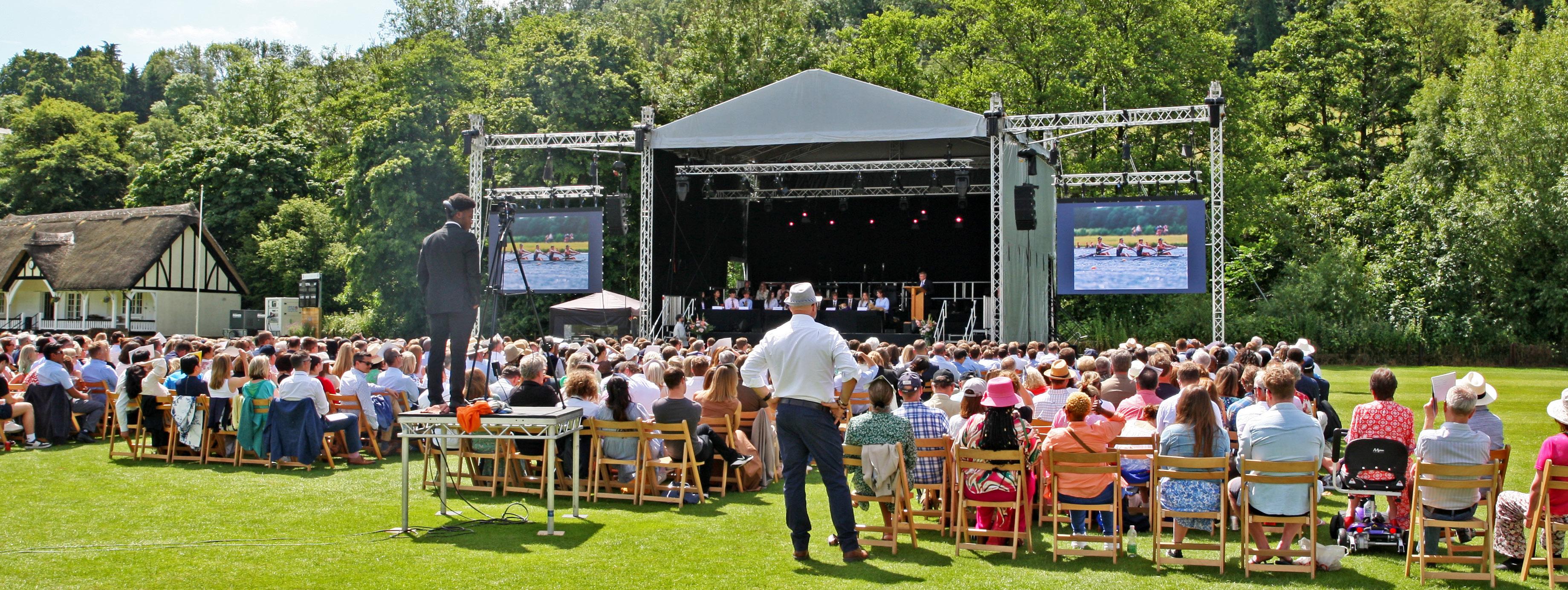
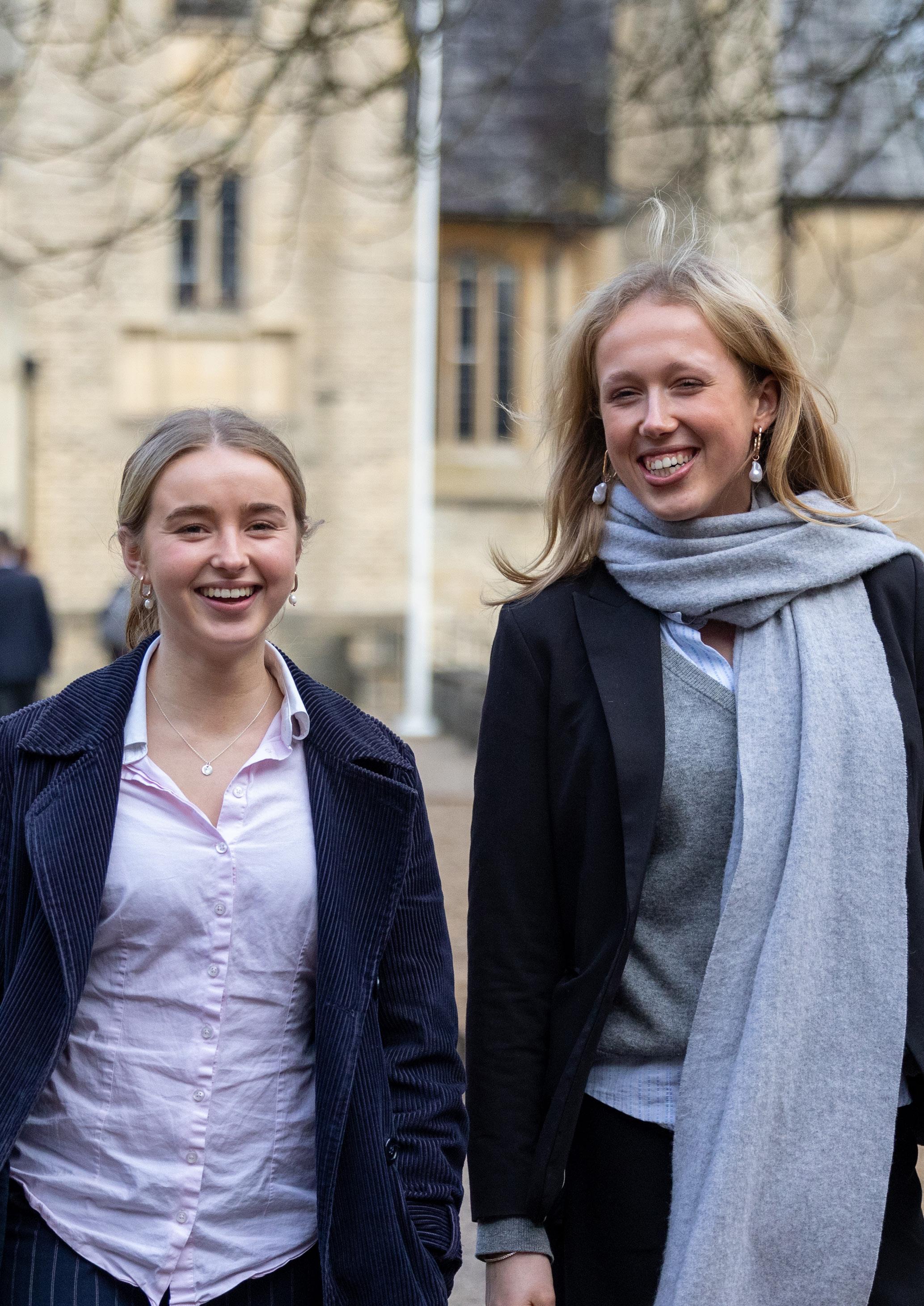
Sixth Form at Monkton is a wonderful culmination and focus of opportunities and personal development. All students are on a ‘journey into boarding’ as they move into adulthood and a high proportion of students opt to board in Sixth Form, including many who were previously day students as they take a key stepping stone towards independence beyond school.Our day pupils also benefit from the opportunities to be part of the boarding community experience, in myriad ways.
Leadership development is a focus in Sixth Form and the Houses are key areas where this takes place. Sixth Form students set the tone in each House, learning to care for and support their peers and younger students and hone communication and interpersonal skills. Learning to serve and care for others are some of the most important areas of development in a Monkton education as pupils learn their own worth and develop new and existing strengths.
Students who have gone on to university and working life speak of the grounding their boarding experience has given them, helping them grow in self-motivation, taking charge of their day to day life, and making the transition to the adult world that much easier. Not to mention the fun to be had, spending time with friends. Students also find they develop deeper friendships and learn to be adaptable and flexible in dealing with other people - vital transferable skills that they take with them.
“
The community at Monkton is welcoming, supportive and vibrant. I was always included in the boarding house, there were so many events that everyone could get involved with. It was such a close-knit, caring and fun environment.
Tasha Class of 2021

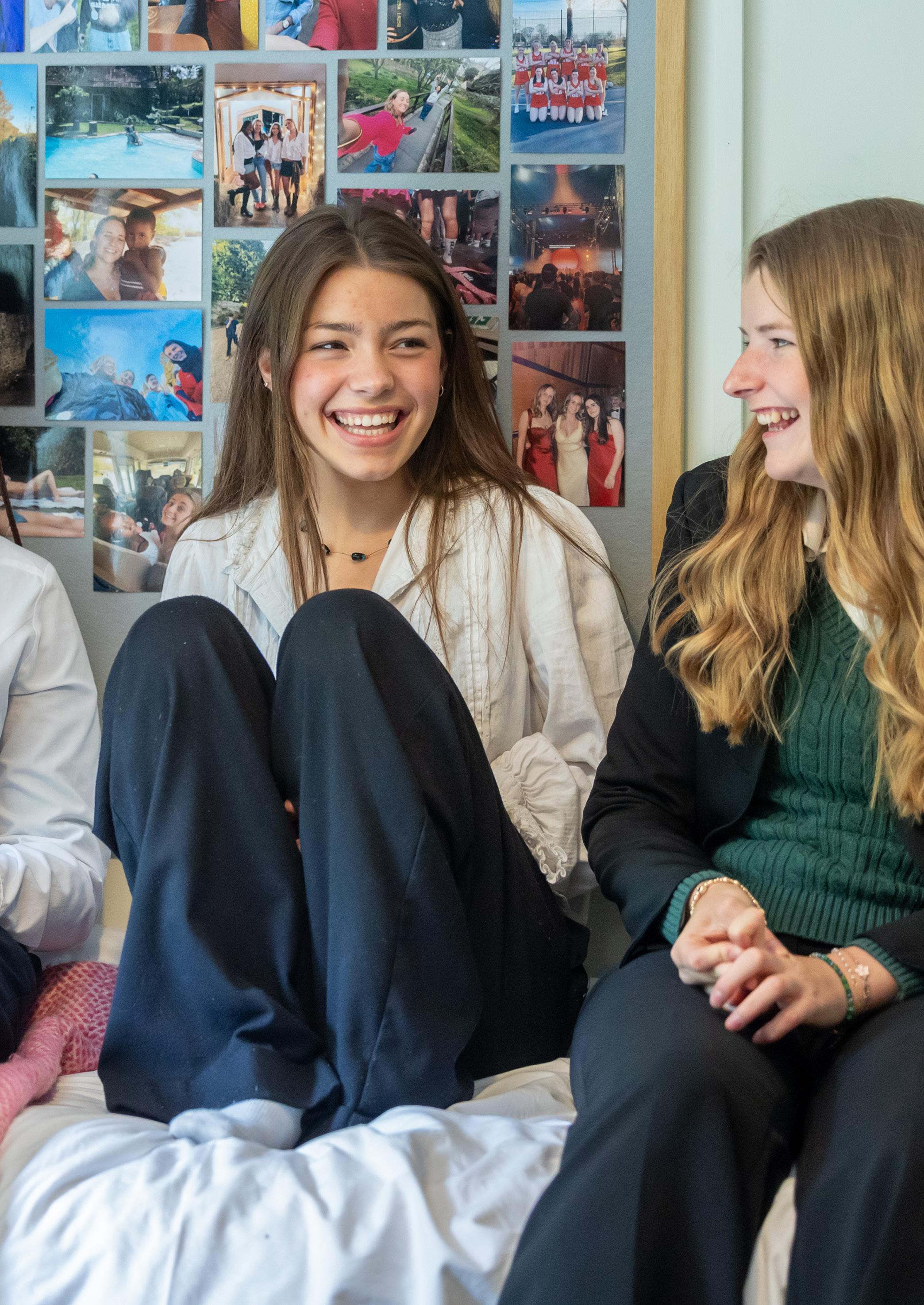
80% of Sixth Form students choose to board.
Monkton’s Christian ethos lies at the heart of the school in the values it helps nurture and the opportunity to explore faith as well as the bigger questions of life. The school meets centrally for a short chapel service and Thought for the Day on Mondays and Wednesdays, led by the Chaplaincy team, members of staff, and pupils. On Fridays, each House holds its own House Prayers - a house-led, informal and interactive chapel service.
The School gathers for a longer chapel service on Saturdays after lessons, and before lunch and afternoon sport begins. Visiting speakers, a range of topics, and multimedia are all used. For boarders wishing to attend a church in Bath on Sundays, minibuses and taxis are provided.
In addition, there are optional Bible study groups on Monday evenings, run by various members of staff in their Houses, which are well attended. The highlight of the week is the Christian Union, meeting on Wednesdays and attended by around 80 pupils.
“
I was on the CU committee, which was so encouraging for me and was an opportunity to serve and help others. I was also mentored by Rev Hutch who read the bible with me and helped me grow in my faith.
Peter - Class of 2023 Christian Bursary Recipient
The Christian Union is organised and run by a Year 13 committee, supported by the Chaplaincy, while a number of Sixth Form pupils also lead year-group or House prayer groups. Alongside this, there is a lively programme of activities throughout the year, including sports events, joint gatherings with other schools, and visits from comedians, sportspeople, and worship leaders.
During their time at Monkton, pupils are given the opportunity to engage with the Christian faith, explore their questions in a safe space, and see how a Christian framework for life can be lived out practically as they prepare for life beyond school.
For Sixth Formers, we run an event called Crossfire, where they can reflect on the biggest questions at the intersection of faith and the world. Visiting speakers present and discuss relevant issues of the day, with opportunities for engagement and discussion. Pupils may also receive mentoring from the Chaplaincy team and attend our annual residential trip, which is a highlight of the year.

Scan the QR code to learn more about our amazing Chaplaincy!

Monkton’s Christian ethos is such a core part of the school and totally shapes the foundations and attitudes. Compassion always comes first, creating a loving and safe community, without fear of judgement and with certainty of support.
Enrichment
Sport
Expressive Arts
Outdoors

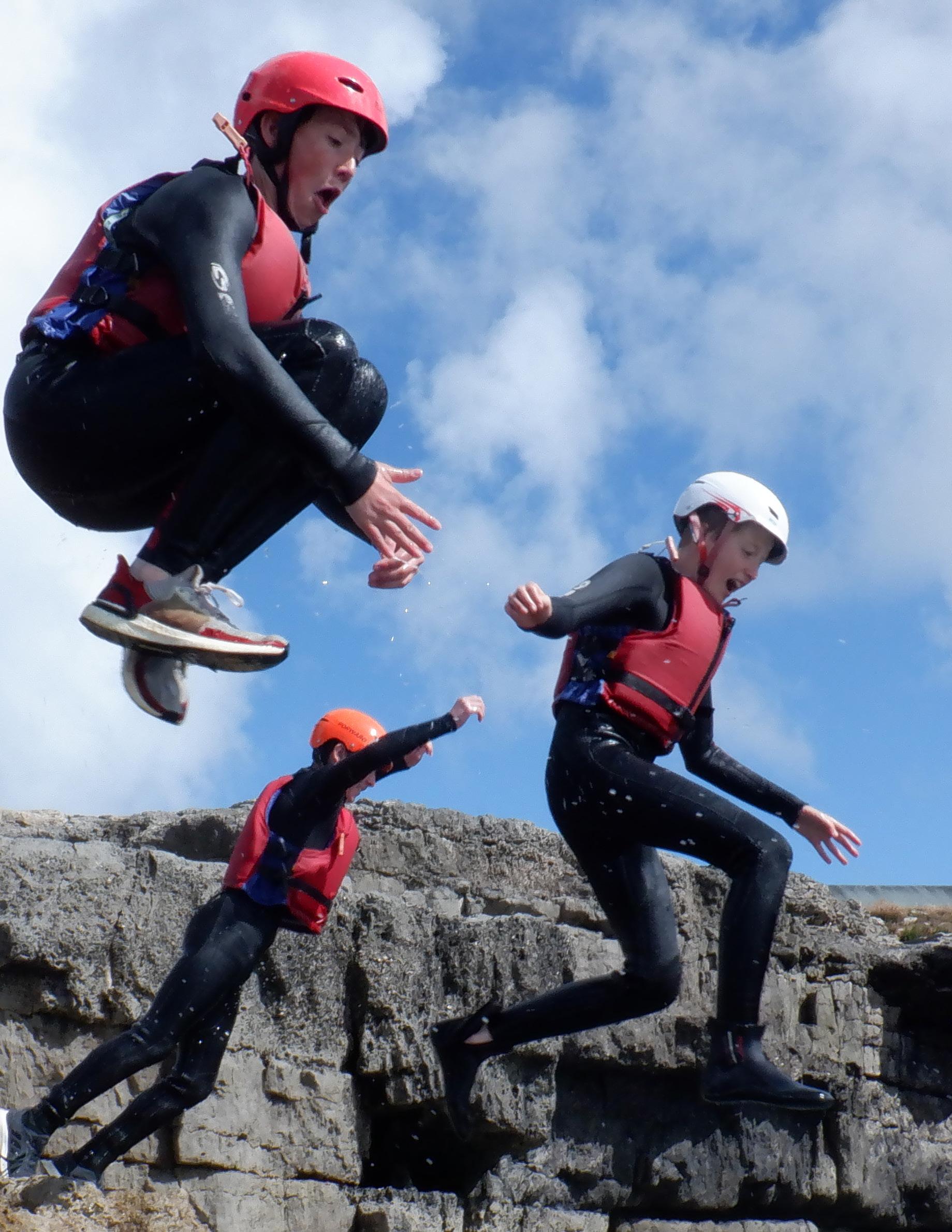

In Year 12, there are a wealth of opportunities on offer for you outside the classroom. But it’s not just about having lots on offer, it’s about how you will be individually supported to get involved, be inspired through trying new things, and grow through those experiences.
Co-curricular life isn’t a ‘bolt-on’ at Monkton - it is central to helping develop you as a whole person. So much growth happens outside the classroom as you learn how to lead, how to collaborate, how to bounce back when things go wrong and these are all skills you will take with you after school.
As well as Sport, Expressive Arts and the Outdoors, Year 12 students have an exciting Enrichment programme on offer. A key characteristic of the Year 12 co-curricular programme is the chance to specialiseto really hone in on an area or a skill that you are really excited about and in which you want to excel. You will pursue the same option on a Wednesday afternoons for the whole year to truly deepen and refine skills.
We offer a range of activities in which you can participate, from Golf to Model United Nations (MUN).
Alternatively you could take on a leadership role in the Combined Cadet Force (CCF) or help run sport at Monkton Prep School. You could also organise your own work experience if you have a particular passion or contact you want to develop.
These options are further enhanced during termly Field Days when you will spend the whole day on your chosen activity.
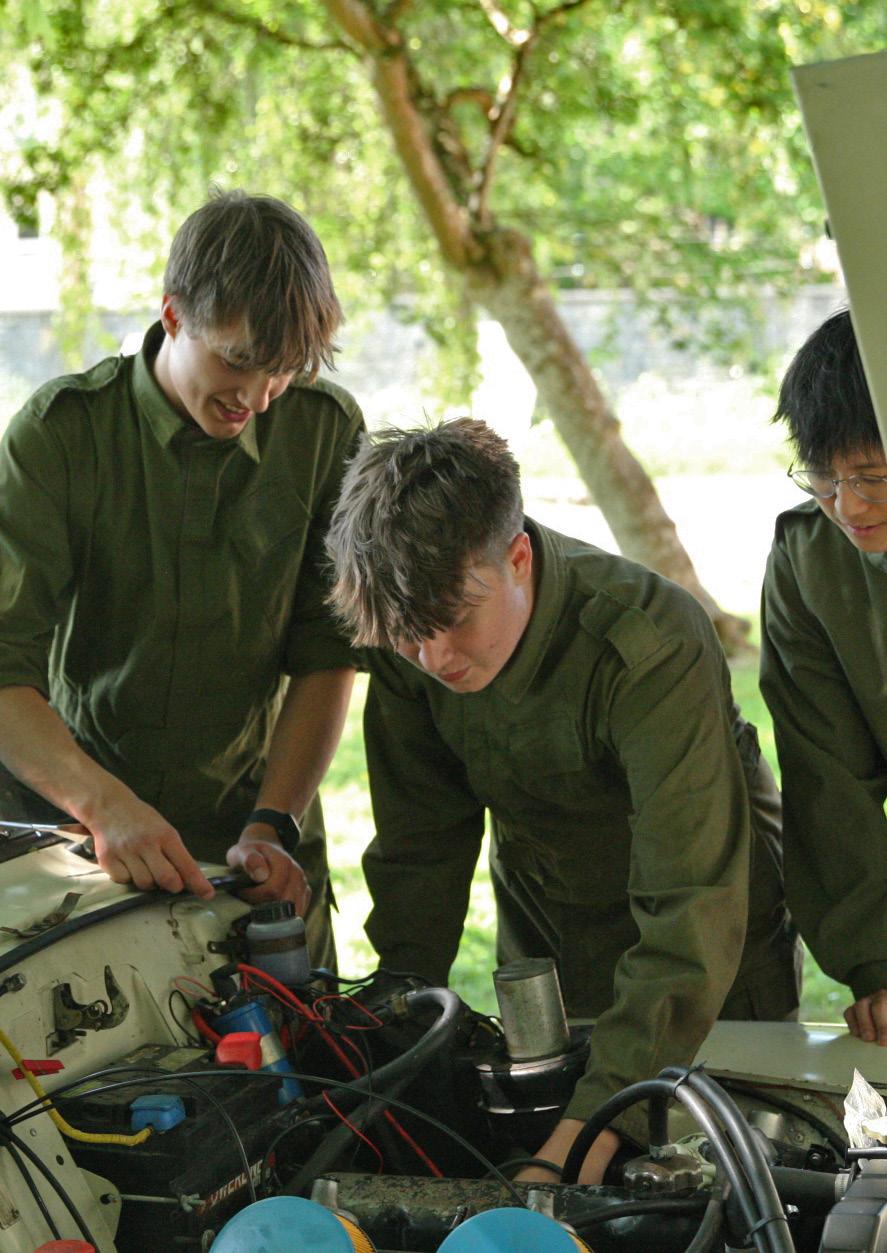
All Year 12s have two sport sessions during the week. These vary from term to term, but include rugby, hockey, netball, cricket, rowing, tennis and athletics. There are also Saturday afternoon fixtures most weekends against other schools, and many of the Sixth Form enjoy taking part in these competitive matches. These sports are run by highly qualified Heads of Sport and coaches both from the staff body and also from local clubs such as Bath Rugby and Bath Buccaneers Hockey Club.
You will have more choice to decide where you want to specialise on the sports field and there are also options for individual development in a variety of sports, such as swimming, running, badminton and table tennis.
There are also copportunities to use the gym and have bespoke Strength and Conditioning programmes to work through, created by our own experts.
Many students make the most of our links with Bath University, only 10 minutes away from school. There are regular minibuses so you can participate in the various clubs and regional development sides, including Bath Buccaneers Hockey Club, Team Bath Swimming, Team Bath Netball and Bath Athletics Club.
When students reach the highest level of sport such as international representation, they have bespoke arrangements to ensure they are able to balance the demands of their high performance sport and their academic studies.
“
Monkton has supported me by providing me with opportunities to be coached by highly skilled staff who constantly motivate me to improve. This has led me to be able to compete in events such as Henley Royal Regatta.
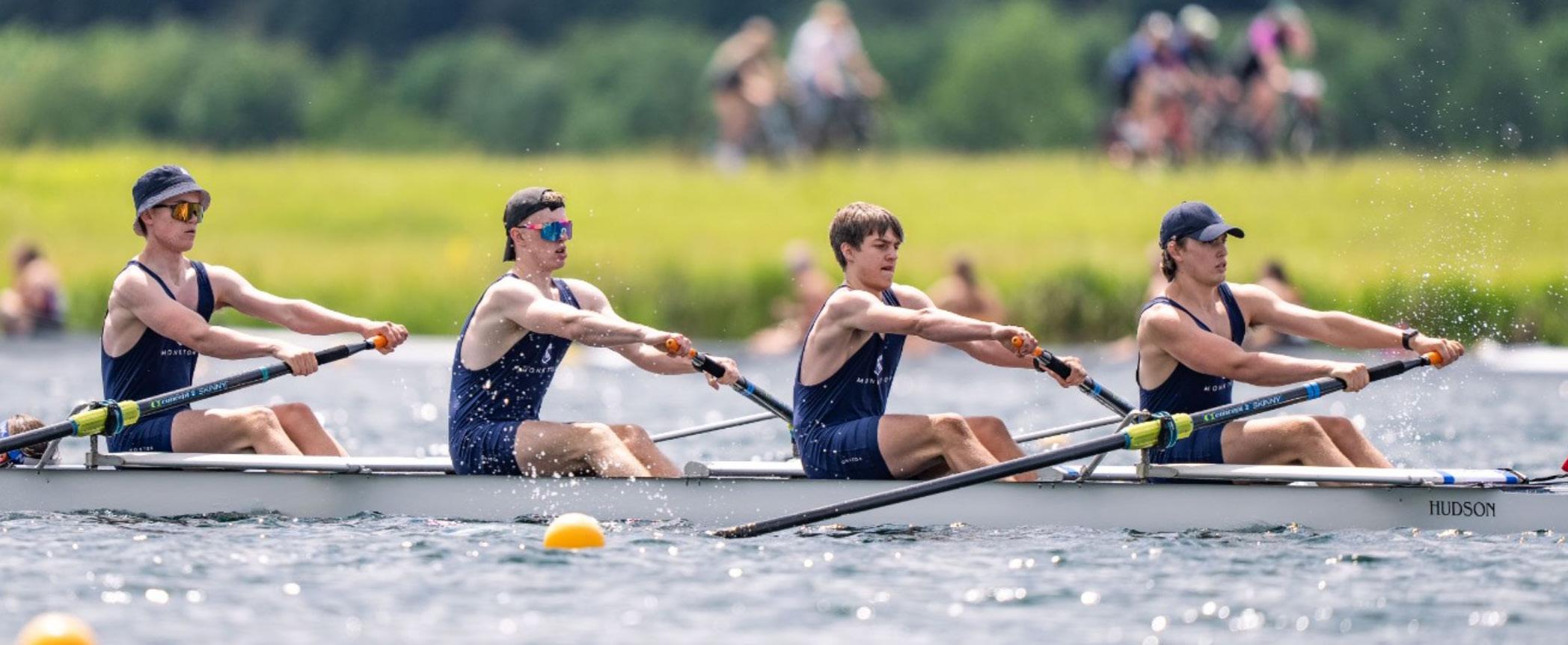

We are very proud of our Expressive Arts provision for Sixth Form. Whilst studying A Levels and BTECs, our Year 12 and 13 students need creative and expressive opportunities to balance their busy academic lives, enrich their experience, and help them develop broader life skills which will be vital to them in the coming years. Encompassing Drama, Music, Dance and Media, there is a place for all to get involved, from the first-time actor to the seasoned Grade 8 musician. In Drama, there are a host of opportunities, both onstage and backstage - we offer an exclusive Year 12 open-air play, welcome all to join our large-scale productions (recent highlights have included Pride and Prejudice, Into the Woods and a self-penned radio play entitled Alice in Blunderland), create a new annual show for Monkton Touring Theatre, encourage writers at our weekly Monkton Audio Drama sessions, and host regular informal performances such as The Open and LAMDA Live! Whether on-stage or as part of Monkton’s Stage Crew, there’s a place for all.
We have links with higher education establishments including Bath Spa University and the Royal Welsh College of Music and Drama, and recent visits to professional venues have included the superb postproduction Films@59 and a bespoke tour backstage at the Royal Opera House.
In Music, there are numerous opportunities for you to get involved. Ensembles include Gospel Choir and Chapel Choir, Senior Orchestra, Jazz@Monkton, and weekly sessions, including Beatmakers, if your interest lies in Music Technology. Making music together brings both great joy and progress, and we expect those who learn to play instruments and sing to participate in school ensembles. There is a host of performance opportunities ranging from the amazing annual Longmead Music Festival on a Glastonburystyle stage through to Studio 1@1 informal lunchtime concerts, from Evensong at St Paul’s Cathedral and performances at Disneyland Paris to interactive concerts featuring live gaming! The faculty’s Media opportunities are also growing, offering weekly sessions in our superb studios, teaching audio recording for podcasts, and every faculty event is live-streamed, often in multi-camera format, allowing students to work cameras and direct shows. In Dance, we have regular workshops delivered by leading professionals from the West End.
As well as engendering a love of the arts and developing life skills such as creativity and selfconfidence, Monkton’s most passionate artists have gone on to study at a wide range of leading institutions from The Royal Welsh College of Music and Drama and LAMDA, to BIMM and Surrey University.
As an actor, I’ve discovered that true growth arises from stepping out of your comfort zone. Monkton’s Expressive Arts department encouraged me to rise to the challenge and, through that, I’ve become stronger and more confident in my craft. “
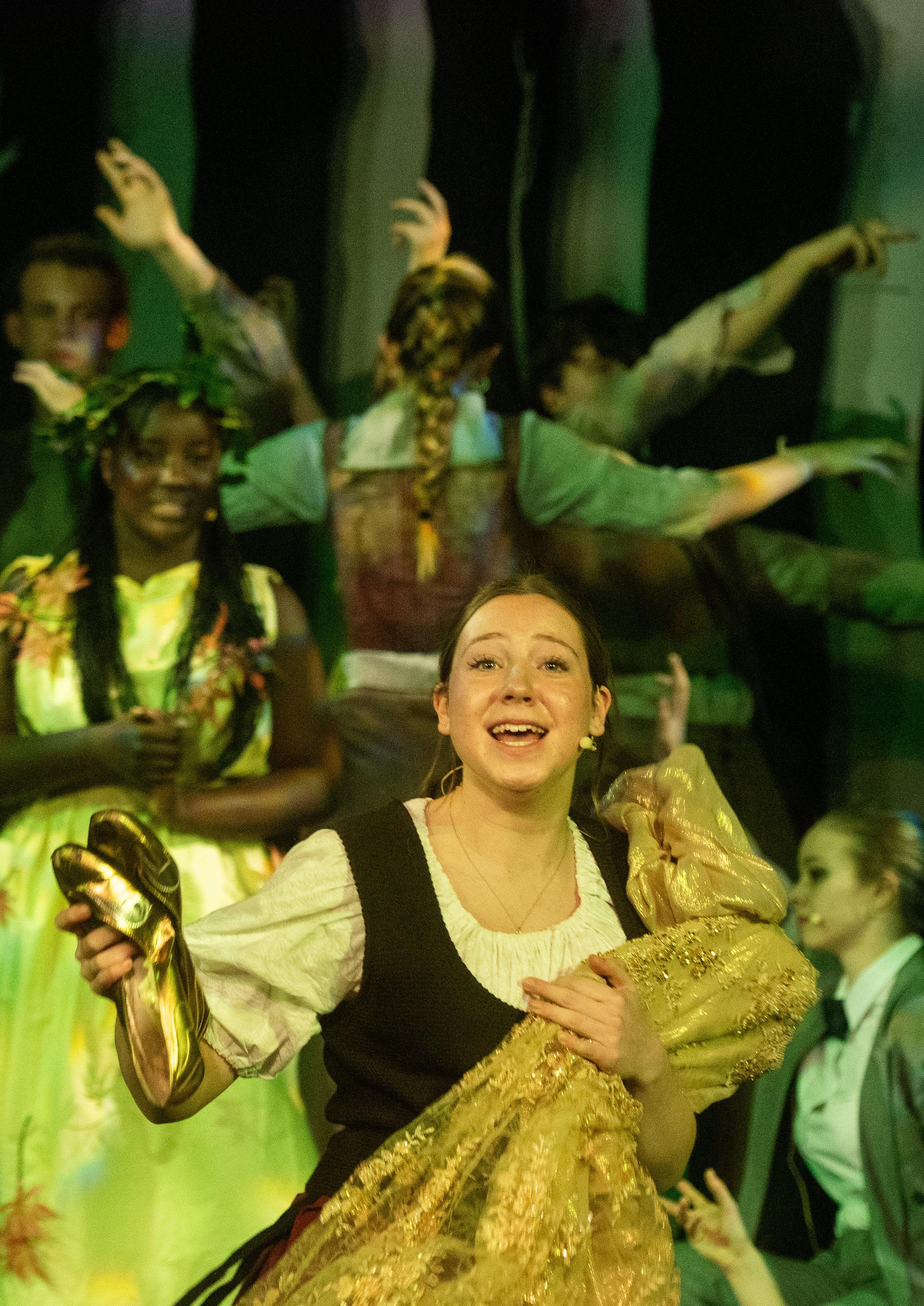
Our unique Wild Monkton programme recognises the importance of being outdoors. It is designed to help shape your future by engaging you in the benefits of learning and adventure beyond the classroom.
Research shows that time in nature leads of cognitive gains, mental health benefits, and increased motivation and achievement. It increases skills such as problemsolving, critical-thinking, decision-making, creativity and concentration.
We want to instil in our young people a desire to care for our world - to develop young adults who consciously take action to protect the environment. Engaging with nature and the outdoors in practical ways fosters this far more effectively than simply learning about it in a classroom.
Our Field Days allow the whole school to be off timetable and make the most of our beautiful valley through a range of outdoor activities. You will take part in numerous trips on the day from hiking and climbing, to e-scootering and kayaking.
“
I wouldn’t have chosen conservation but it is now my favourite part of the week, being outdoors and working practically makes me feel calm and gives me a broader perspective on everything.
Current Sixth Form Student
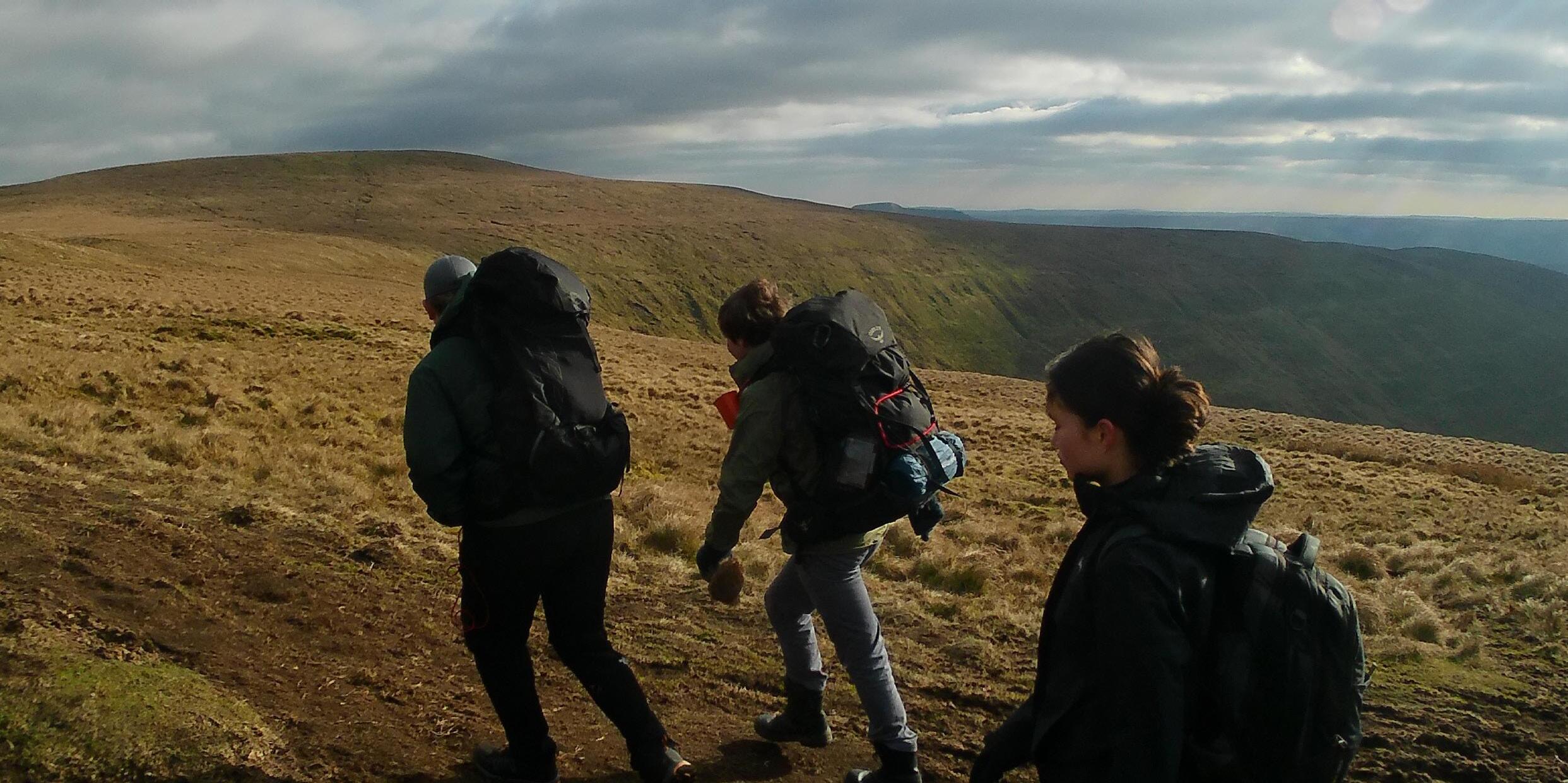
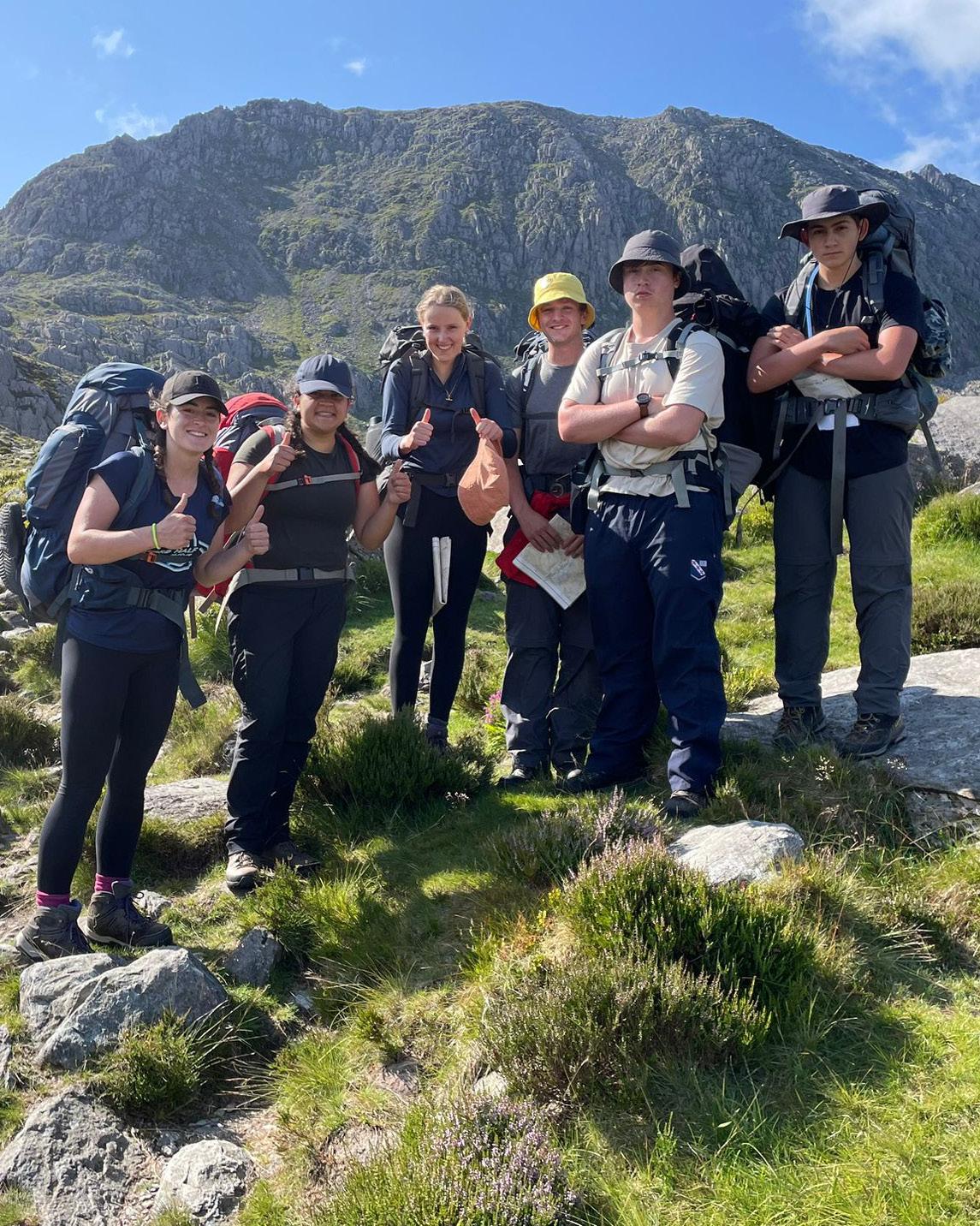
This, the most demanding of the Duke of Edinburgh awards, is seen as a highlight for many of our Sixth Formers.
To achieve the award, you will Volunteer for 12 months, work towards a Physical and a Skills challenge for 12-18 months, choose a residential course outside of school, as well as complete the renowned expedition.
Teams undertake two expeditions of five days in which you will experience wild camping, cooking and climbing challenging mountains in various ranges from Snowdonia to the Alps.
We hope you will thrive on the challenge and grow so much in determination, commitment, self-belief and confidence through all sections of the award, and of course, if you complete all sections, there is the opportunity to go to Buckingham Palace to receive your award.
Futures
Life Skills
Monkton Leadership Award
Destinations

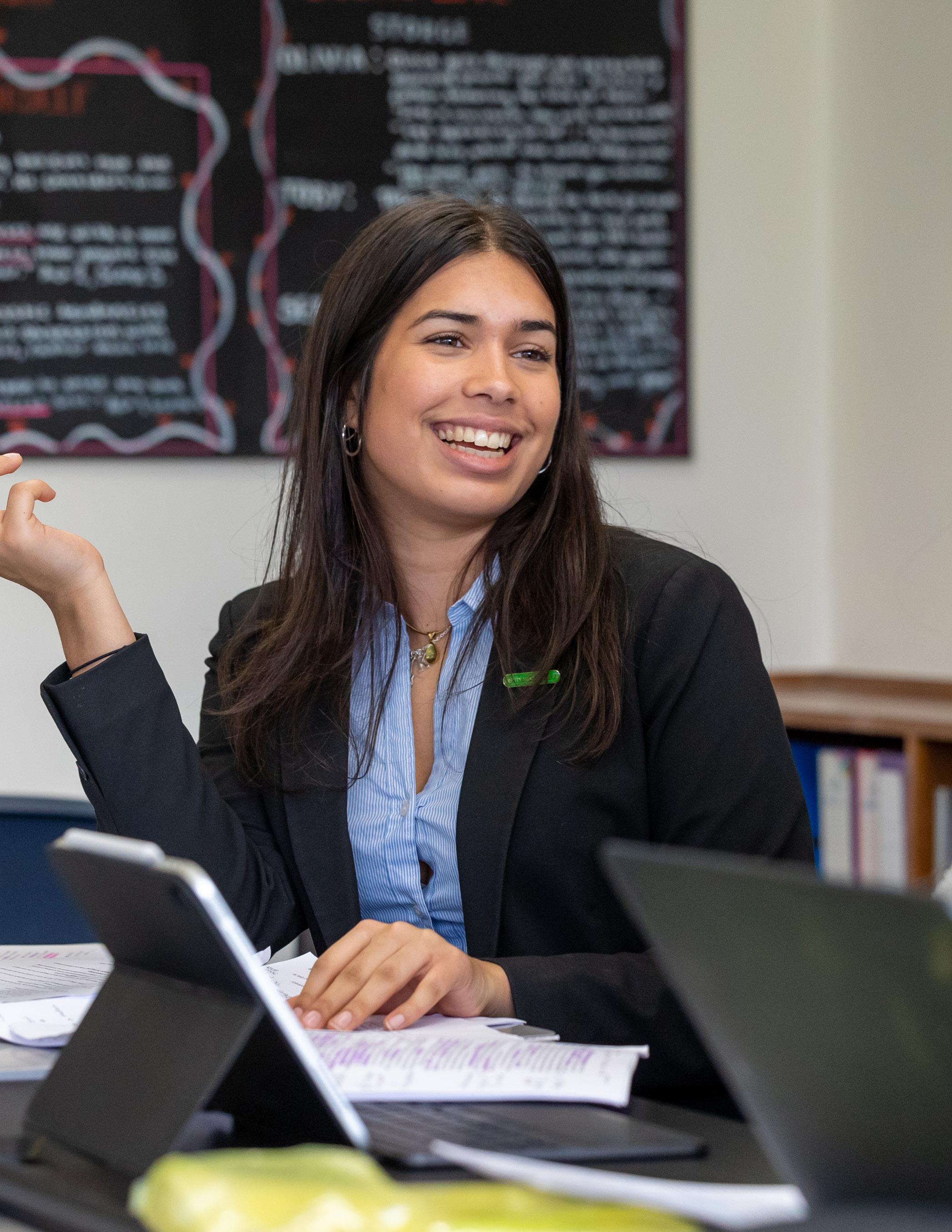
Monkton’s Sixth Form Futures Programme puts the individual student at the centre to enable you to be fully prepared for life beyond Monkton. This equips you to understand yourself and others and to discover skills now that will be relevant to you in so many contexts throughout your life.
Our vision is to see you become a courageous, kind, and ambitious adult, equipped to lead a fulfilling and purposeful life. You will be helped to understand your character, strengths and passions through a variety of personality profiles, and supported to develop key transferable skills, such as communication, creative problem-solving, self-management and interpersonal skills.
resilience and resourcefulness to enable our pupils to thrive in the real world.
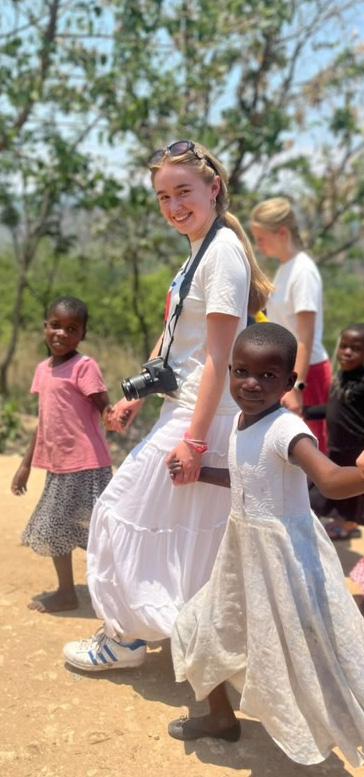
You will have bespoke support from your 1:1 tutor meetings and with the Futures team, alongside more general workshops on writing a great CV, interview techniques, etc. You will visit Higher Education and Apprenticeship Fairs, have opportunities with our own Careers Networking events, Careers Mentors, Work Experience programme, and other training days throughout Sixth Form, to help you focus on where you want to go and how to get there.
We believe that what sets Monkton Sixth Form pupils apart at university and beyond is their resourcefulness and deep understanding of interdependence rather than just independence.
PSHE at Monkton Sixth Form prepares you for life beyond Monkton. The PSHE team works closely with the Futures team to ensure the curriculum works for you; weaving in mental health and wellbeing, readiness for work, diversity and inclusion, preparing for the future, respectful relationships, healthy choices and safety. The programme is taught by a small team and you will have one lesson a week to consider these important topics, through discussion and engagement with relevant and topical themes.
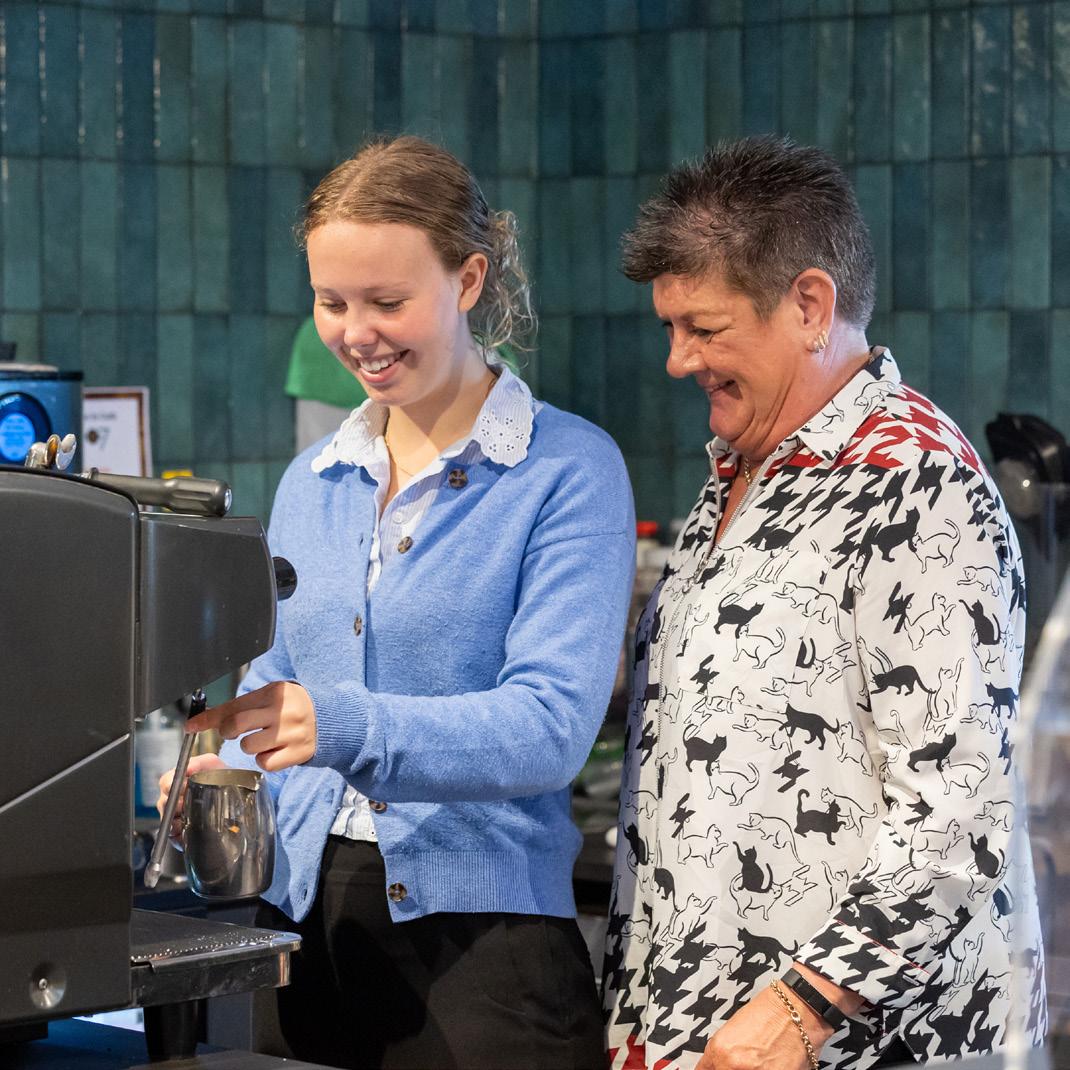
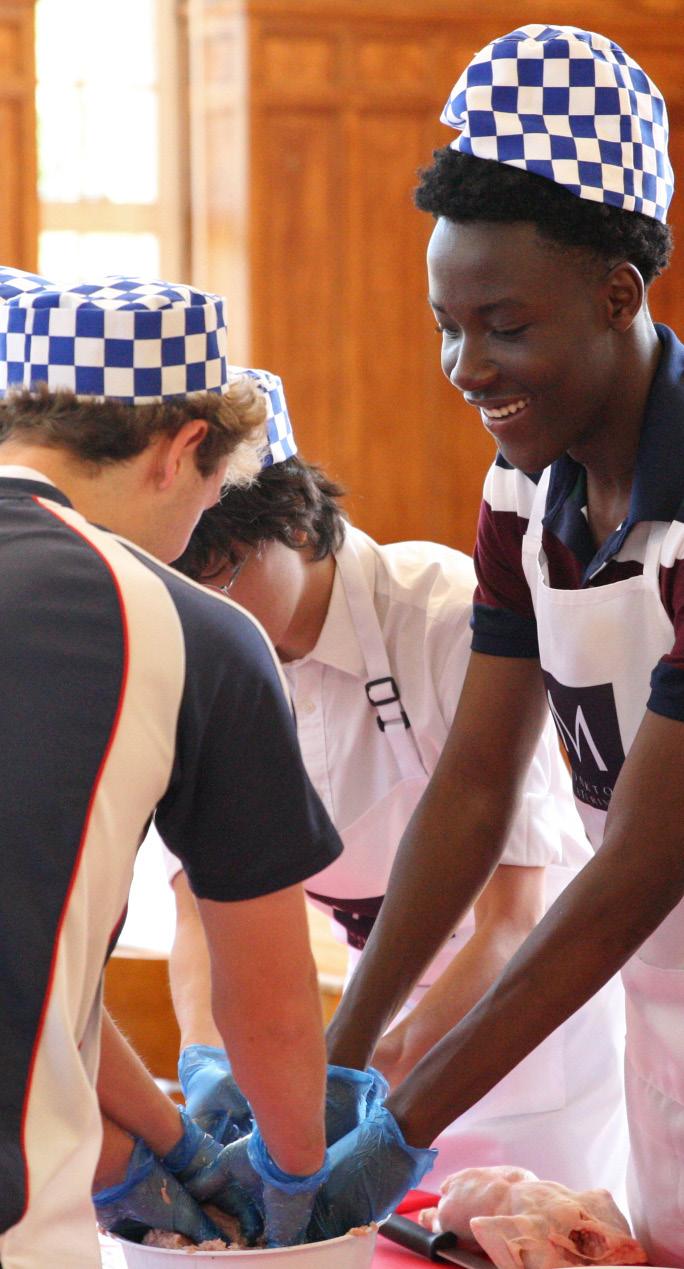
Our 1907 Cafe is a place for students to unwind in the company of friends during the morning and early afternoon. You can choose to train alongside our skilled in-house barista, Yas. This gives you the opportunity to gain valuable experience of working under pressure and dealing with clients, before entering the working world.
Yas is another pillar of Monkton’s pastoral carehaving a unique position outside the classroom, in whom you can confide.
Part of our Futures programme is our Year 12 Monkton Leadership Award, which aims to give you embedded learning - a combination of lectures and interactive workshops, looking at key leadership opportunities, testing and practising these skills, and learning from your successes and failures.
We believe that learning to be a great leader is a life skill that you will need wherever you go, and it is never too early to start.
In Year 13 you continue to develop and refine these skills as you take on leadership roles within your House and the wider school community. With support from your houseparents and senior school leaders, you are equipped to lead effectively and, more importantly, to leave school with a strong foundation in leadership: skills you can apply and continue to grow in any role or path you choose.
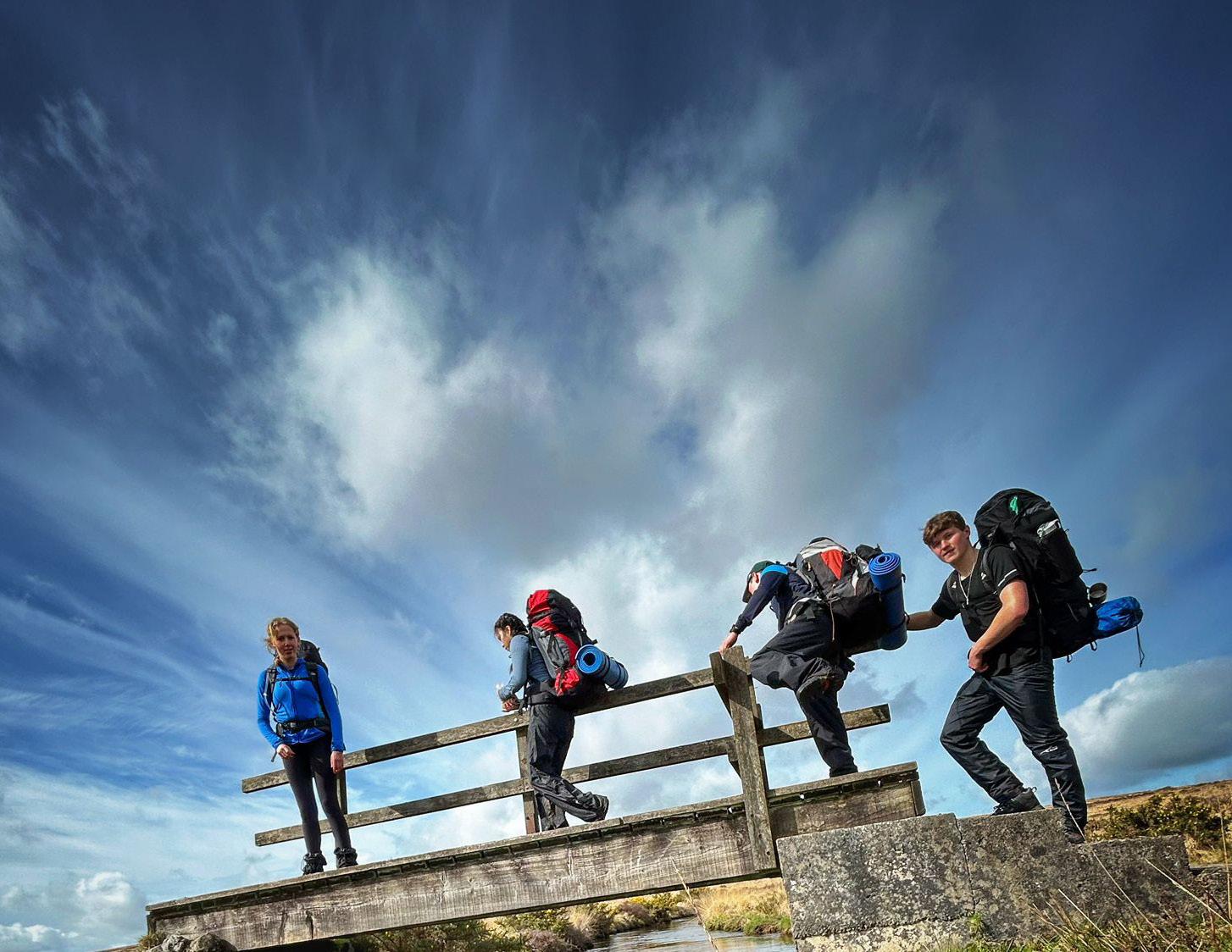
Speakers include our local MP, Anna Sabine, Major General Joe Fossey, Old Monktonian and AvP at NASDAQ, Bitania Mulugeta and TV presenter, Paddy O’Connell. You will be expected to reflect on what you learn from each talk.
Led by our in-house leadership team and external speakers, looking at some essential leadership skills and qualities.
As a school, Service is one of our core values and we believe that the heart of leadership is about how to best serve and develop those you lead. You will spend half a term serving in a local primary school to enable you to experience the joy and importance of service to others.

We believe that the best way to truly embed your learning is to put it into practice immediately as Year 12s have the chance to apply for a range of leadership roles within the school. Throughout the year, you reflect on what you are learning in the workshops, and how to apply that to your role.
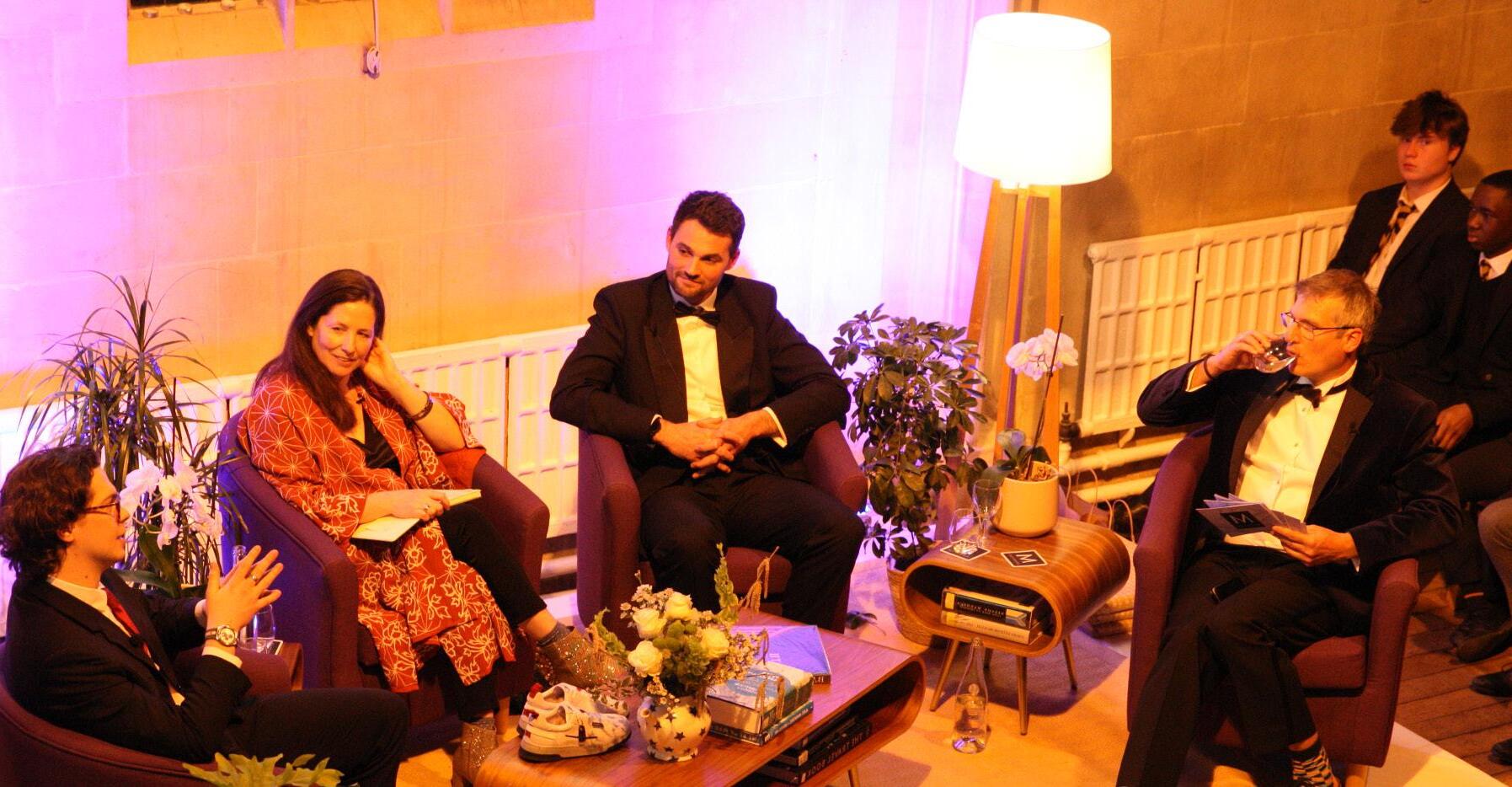
This is completely up to you! In a team or on your own, you create a project that you want to lead. It could be a fundraising event for a cause you believe in, building links with our local community, forging a sustainability initiative, or starting an after school club for younger pupils (almost anything you want!). You start it, lead it and then reflect on how it went.
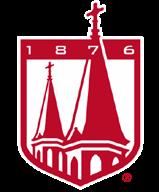

HULT International University



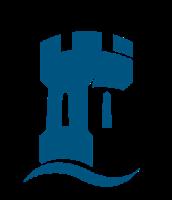
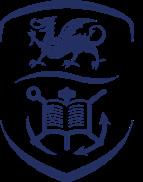

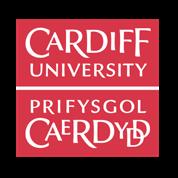
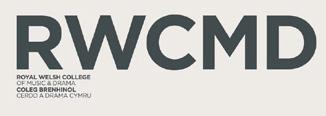

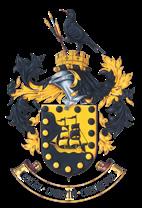
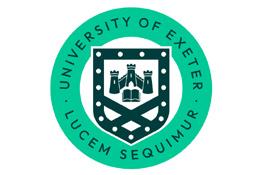
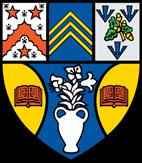
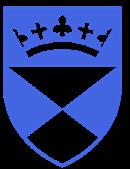
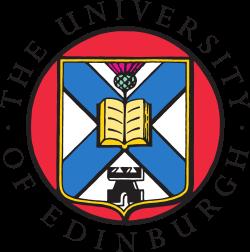
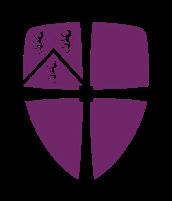
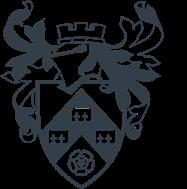
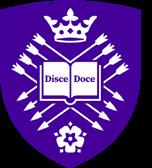
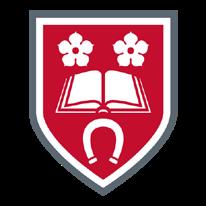
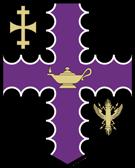
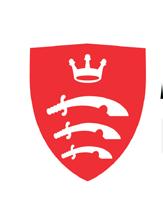


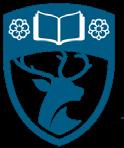
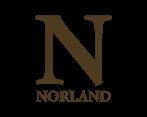

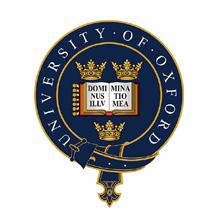

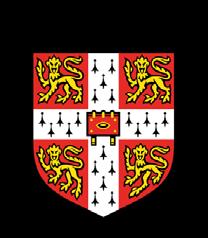

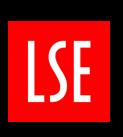


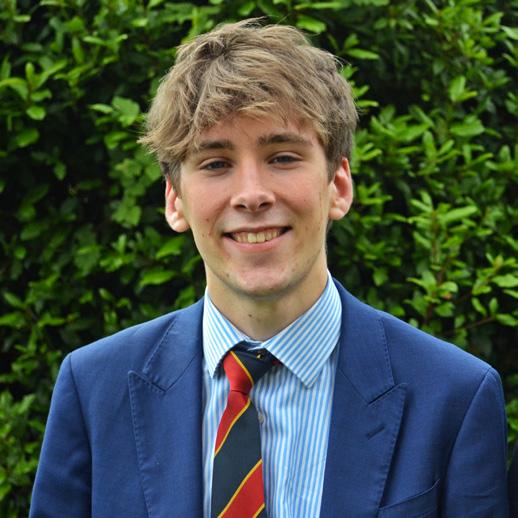
Alex Bichard, now thriving in his second year of Medicine at Merton College, Oxford, speaks with real gratitude for Monkton’s Medicine Programme. He recalls the Science Department’s “empathy and flexibility around workload,” and how teachers went the extra mile to adapt lessons to his interests. Alex also embraced wider opportunities from ophthalmology work experience to inspirational guest speakers. He was supported every step of the way by teachers who encouraged him, gave feedback, and opened doors through their medical networks.
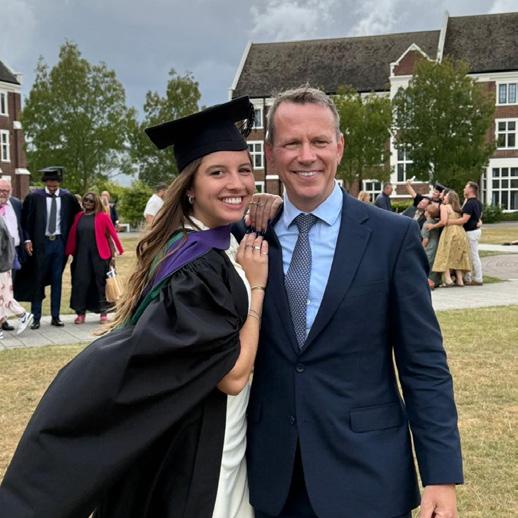
“Monkton’s engaging teachers and interesting History lessons first sparked my interest in learning about people and places. The trip we took to Berlin in Year 10 even inspired me to spend my university year abroad in the city – and to start learning German. Sport was also a huge part of my time at Monkton – playing in the first teams set me up well to contribute to life at sport-fuelled Loughborough.”
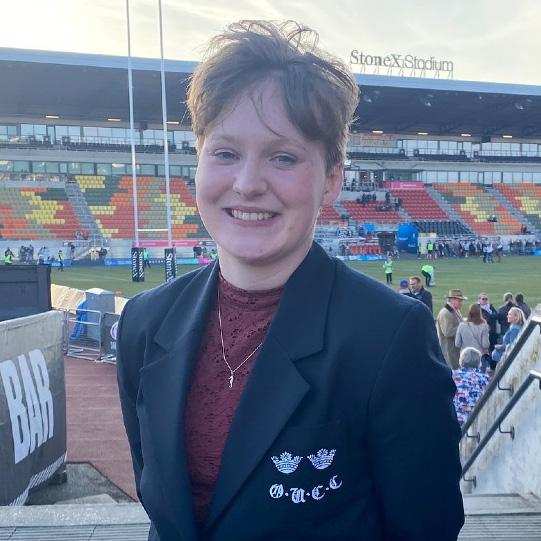
“Monkton has supported me in exploring my wide-ranging academic interests. Throughout the earlier years I changed my mind multiple times about what I wanted to study at university before settling on Physics. I was never pigeonholed into one area but encouraged to pursue Maths and Science as well as Languages and Philosophy. My teachers were focused on developing a love of learning and a passion for their subjects, whilst also helping me achieve great exam results. They always gave me extra challenging material and never tired of answering my incessant questions which has laid an amazing foundation for my later studies.”
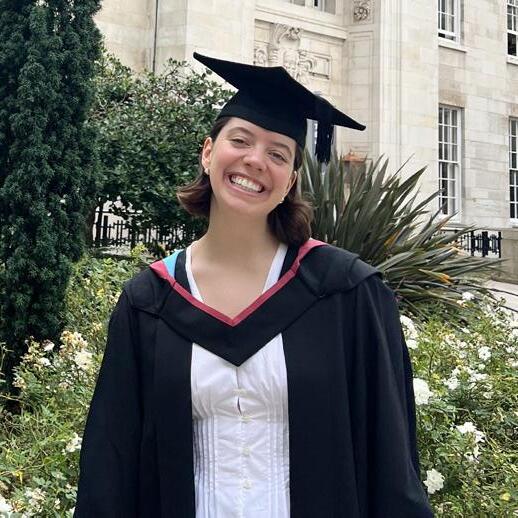
“I was really taken with the range of subjects available at Monkton, especially when it came to languages. I started learning French in the Prep School and took on Mandarin at GCSE level – both of which I carried through to my degree, which included stints in Martinique and China. This early exposure to languages, alongside truly lovely teachers and a fun syllabus, sparked a lasting interest in cross-cultural communication.”
Subject Curriculum
Scholarships & Bursaries
Admissions
Academic Pathway Map
Virtual Campus Map

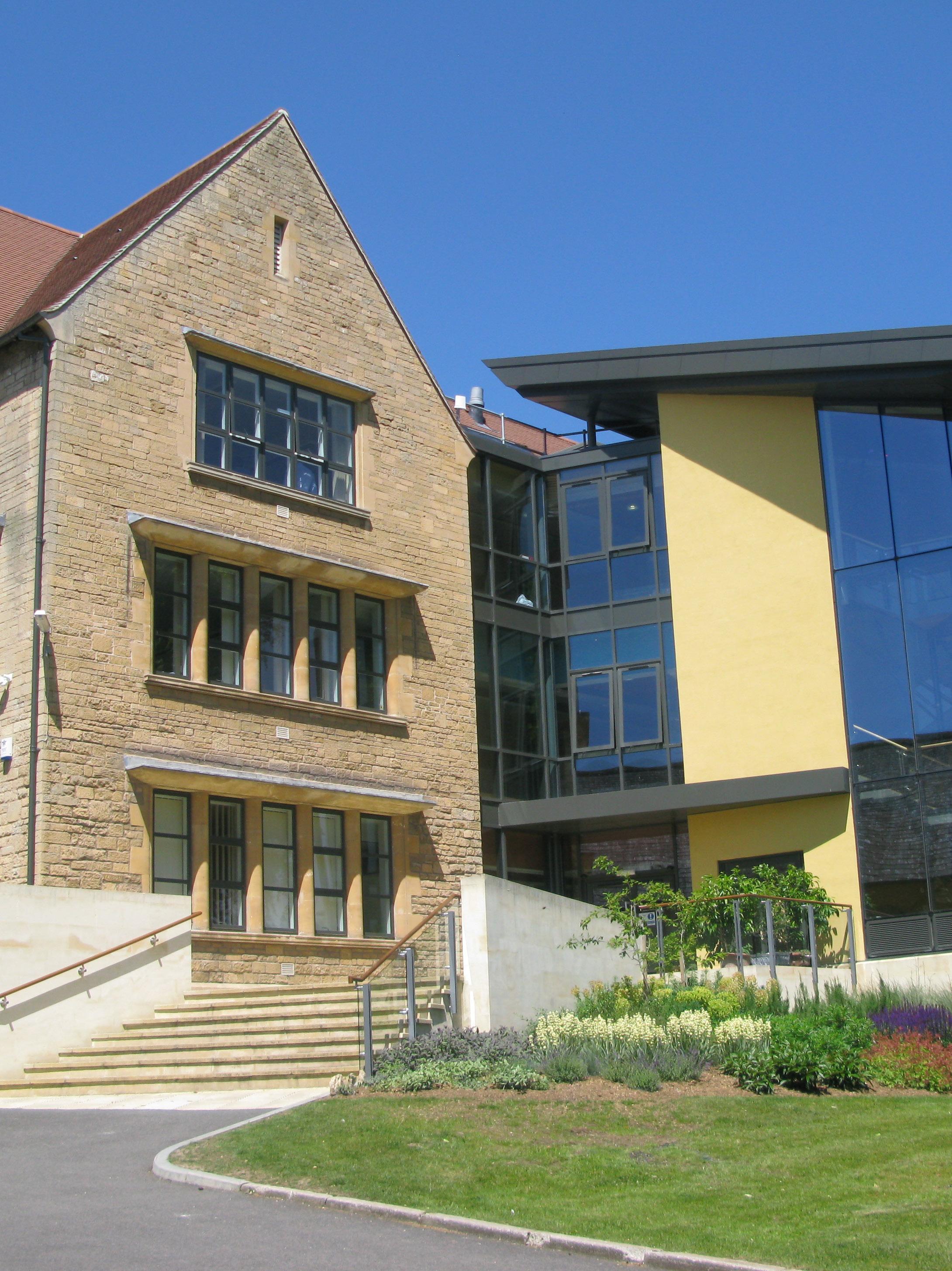
The Sixth Form is an exciting time at Monkton, with a rich and diverse range of subjects, enabling students to progress on to a wide variety of university courses and other post-Monkton routes. Our students are academically ambitious, pushing themselves to thrive in many areas of school life. You will be taught by outstanding teachers, passionate about their subjects and who relish sharing this with you. Teachers at Monkton walk alongside students, offering both high support and challenge. Departments run enrichment events to deepen and broaden your understanding of curriculum content, enabling students to transfer skills, concepts and ideas across topics and subjects.
In Years 12 and 13 your 1:1 tutor becomes ever more important, as you meet regularly to discuss your progress, your hopes and aspirations, and work together to create a plan to make these a reality.
This personal connection means that every student is known individually, and given tailor-made, specific advice in areas as varied as creating a weekly study plan, exploring post-Monkton plans, careers advice and support and guidance with friendships.
Students typically study three subjects at A Level, with some choosing to complete four subjects, after discussion with our Deputy Head Academic. If you would like to study four A Levels, you will need to achieve an average of grade 7 at GCSE or equivalent.
A number of students choose to complete a stretch and challenge course to broaden their academic focus, either an Extended Project Qualification (EPQ), participation in a weekly Global Perspectives course designed to give students the space and time to explore some of the big questions they will be faced within today’s world and, for EAL students, studying for the IELTS examination.
In general students entering Year 12 need to have reached an average of grade 6 at GCSE, with many A Level courses requiring minimum grades in specific GCSE subjects. The Admissions team would be pleased to discuss this with you in more detail. Where these requirements are not met, it is sometimes possible to agree a suitable programme of study, in discussion with the Academic team. For those applying to join Monkton for Sixth Form we will take into consideration a range of feedback, such as: a reference from the current school, school reports, CAT4 assessments and GCSE (or equivalent) mock results. Applicants may be asked to sit subject-specific papers as part of the application.
During Year 12, we monitor progress closely, to ensure each student is on course for success. Students will need to pass the various assessments over the year to progress to Year 13.
We encourage you to discuss with us the options you want to pursue, so we can help you find the right programme for you.

Why study this subject?
Studying Fine Art A Level fosters creativity, critical thinking, and technical skill. It allows you to explore personal expression, develop an artistic style, and understand cultural and historical contexts. The course builds portfolio pieces for art school or creative careers, enhancing problem-solving and observational abilities. It’s ideal for passionate individuals seeking a dynamic, visually rewarding subject that blends tradition with innovation.
What will I learn at A Level?
In AQA A Level Fine Art, you’ll develop practical skills in drawing, painting, printmaking, and mixed media while exploring creative concepts and personal expression. You’ll study artists, movements, and cultural contexts to inform your work. The course emphasises experimentation, critical analysis, and developing ideas into final pieces. Students may explore areas such as sculpture, ceramics, installation, collage, photography, and moving image. You’ll build a strong portfolio, refine technical skills, and gain confidence in presenting and evaluating your art.
How is the course structured?
The AQA A Level Fine Art course is divided into two components:
• Component 1: Personal Investigation (60%) – A practical portfolio with a supporting written essay (1000-3000 words). Students develop a personal theme through research, experimentation, and refined final pieces.
• Component 2: Externally Set Assignment (40%) – AQA provides a choice of themes. Students create preparatory work over several weeks, culminating in a 15-hour supervised exam to produce final piece(s).
Both components assess four assessment objectives: Develop, Refine, Record, and Present. The course emphasises creativity, technical skill, and critical understanding.
How is the course examined?
The AQA A Level Fine Art is assessed through:
• Component 1: Personal Investigation (60%) – A practical portfolio (sketchbooks, experiments, final pieces) and a written essay (1,000–3,000 words). Internally marked, externally moderated.
• Component 2: Externally Set Assignment (40%) – Students respond to an AQA theme, producing preparatory work followed by a 15-hour supervised exam to create final piece(s). Internally marked, externally moderated.
Both components are judged on four assessment objectives (AOs):
• AO1 (Develop ideas)
• AO2 (Refine techniques)
• AO3 (Record research)
• AO4 (Present final work).
No written exam—assessment is practical and courseworkbased.
What could I do next?
After studying Fine Art A Level, you could pursue a foundation course, a degree in art or design, or a creative career in areas like illustration, graphic design, animation, set design, curation, art therapy, or arts education.
Why study this subject?
In 3D Design you will learn how to transform your ideas into innovative 3D creations. Students are encouraged to choose a path that they are enthused by and potentially will want to study, options range from architecture through to product, engineering, sculpture and jewellery design. The course is all about innovation, creative problem-solving and handson design, developing skills essential for shaping the future through form and function.
What will I learn at A Level?
You’ll explore 3D design through architecture, engineering, product and jewellery design. Using both traditional techniques and 3D CAD software, youw ill develop skills in prototyping, sketch modelling, CAM, traditional workshop skill and the iterative design process. Critical reflection and creative thinking will be important considerations as you develop your skills.
How is the course structured?
In Year 12, you’ll experiment with materials, processes, CAD and sketch modelling to develop your design language. Projects focus on prototyping, problem-solving and innovation. Mid way through Year 12 students begin their personal investigation and major practical project, combining design thinking, making and critical analysis in a fully realised 3D outcome. This project will finish just after Christmas in Year 13 and then students will begin the exam project, a much shorter design and make project, set by the exam board.
How is the course examined?
The AQA A Level 3D Design course is assessed through:
• Component 1: Personal Investigation (60%) – A practical portfolio (sketchbooks, experiments, final pieces) and a written essay (1,000–3,000 words). Internally marked, externally moderated.
• Component 2: Externally Set Assignment (40%) – Students respond to an AQA theme, producing preparatory work followed by a 15-hour supervised exam to create final piece(s). Internally marked, externally moderated.
Both components are judged on four assessment objectives (AOs):
• AO1 (Develop ideas)
• AO2 (Refine techniques)
• AO3 (Record research)
• AO4 (Present final work).
No written exam—assessment is practical and courseworkbased.
What could I do next?
Study architecture, engineering, product or jewellery design, or apply your creative skills in design-focused degrees and apprenticeships.
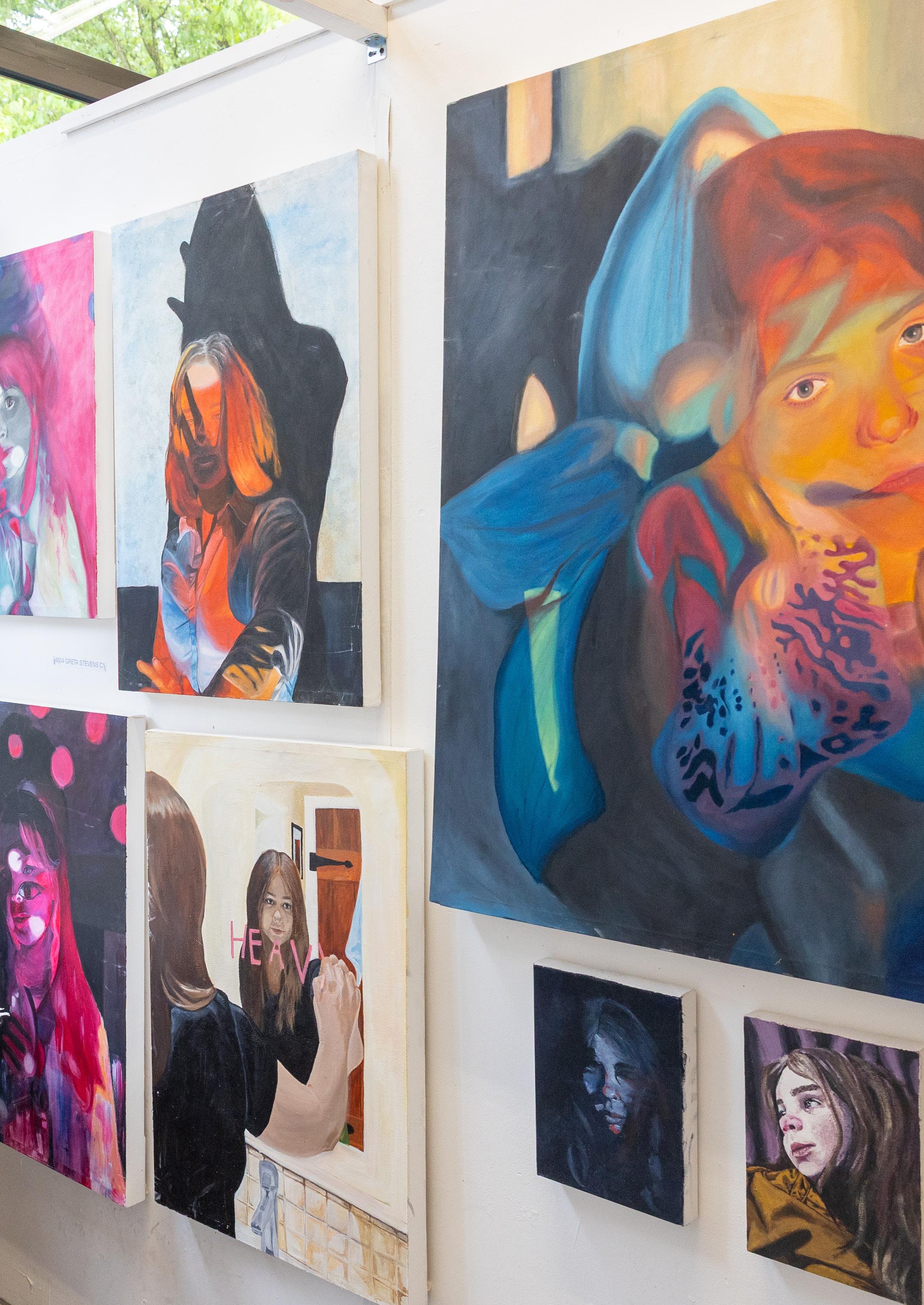
Taking AQA A Level Textiles will develop your skills in both traditional and contemporary textile techniques, including embroidery, printmaking, weaving, and digital fabric design. The course encourages creative experimentation, with research into textile artists and cultural influences to inspire your own designs. Through sketchbooks, samples, and final pieces, you’ll build a strong portfolio, improve technical abilities, and gain confidence in presenting and evaluating your art.
In AQA A Level Textile Design, you’ll develop practical skills in embroidery, printmaking, weaving, digital design, garment construction, and surface embellishment. You’ll explore sustainable practices, material innovation, and cultural influences, while building a personal style through sketchbooks and samples. The course includes critical analysis of textile artists and movements. Students may work in one or more areas, including fashion design, costume, digital textiles, printed/dyed materials, interior design, constructed textiles, and domestic textiles like wallpaper or soft furnishings.
How is the course structured?
The AQA A Level Textile Design course is structured into two components:
• Component 1: Personal Investigation (60%)
• A practical portfolio exploring techniques (e.g., embroidery, printing, construction) and a personal theme.
• A written essay (1000–3000 words) linking your work to artists/designers.
• Component 2: Externally Set Assignment (40%)
• Respond to an AQA theme with preparatory work (research, samples, designs).
• Create a final piece in a 15-hour supervised exam.
• Assessed on AO1–AO4: idea development, technical skill, research, and presentation. No written exam—100% practical/coursework.
How is the course examined?
The AQA A Level Textile Design is assessed through:
• Component 1: Personal Investigation (60%) – A practical portfolio (sketchbooks, experiments, final pieces) and a written essay (1,000–3,000 words). Internally marked, externally moderated.
• Component 2: Externally Set Assignment (40%) – Students respond to an AQA theme, producing preparatory work followed by a 15-hour supervised exam to create final piece(s). Internally marked, externally moderated.
Both components are judged on four assessment objectives (AOs):
• AO1 (Develop ideas)
• AO2 (Refine techniques)
• AO3 (Record research)
• AO4 (Present final work). No written exam—assessment is practical and courseworkbased.
What could I do next?
After studying Textiles A Level, you could pursue a foundation course, a degree in fashion, textile design, costume, or interior design, or careers in styling, merchandising, or theatrical costume design.
Why study this subject?
Studying Photography A Level develops technical, creative, and analytical skills, teaching you to capture and manipulate images with meaning. You’ll explore genres like portraiture, documentary, and experimental photography while refining your style. The course enhances visual storytelling, critical thinking, and digital editing expertise.
What will I learn at A Level?
In AQA A Level Photography, you’ll develop technical skills in DSLR/manual settings, lighting, darkroom techniques, and digital editing using Photoshop and Lightroom. You’ll explore genres such as portraiture, documentary, and conceptual photography, while studying influential photographers and visual culture. The course emphasises creative experimentation, idea development, and critical analysis through practical shoots, an online portfolio, and written reflections. Students may work in one or more areas, including still life, fashion, photojournalism, multimedia, experimental imagery, and moving image (video, film, animation).
How is the course structured?
The AQA A Level Photography is assessed through: Component 1: Personal Investigation (60%)
A practical portfolio demonstrating skills in photoshoots, editing, and concept development.
A written study (1000–3000 words) linking your work to photographic genres, artists, or movements.
Component 2: Externally Set Assignment (40%) Respond to an AQA theme with preparatory work (research, experiments, shoots).
Complete final piece(s) during a 15-hour supervised exam. Both components are internally marked and externally moderated, assessed on AO1–AO4: idea development, technical skill, research, and presentation. No written exam— 100% practical/coursework.
How is the course examined?
The AQA A Level Photography is assessed through:
• Component 1: Personal Investigation (60%) – A practical portfolio (sketchbooks, experiments, final pieces) and a written essay (1,000–3,000 words). Internally marked, externally moderated.
• Component 2: Externally Set Assignment (40%) – Students respond to an AQA theme, producing preparatory work followed by a 15-hour supervised exam to create final piece(s). Internally marked, externally moderated.
Both components are judged on four assessment objectives (AOs):
• AO1 (Develop ideas)
• AO2 (Refine techniques)
• AO3 (Record research)
• AO4 (Present final work).
No written exam—assessment is practical and courseworkbased.
What could I do next?
After studying Photography A Level, you could progress to a foundation course, a photography or creative arts degree, or careers in fashion, journalism, advertising, filmmaking, fine art, or digital media. Freelance and commercial photography are also popular options.
Why study this subject?
Students will learn how to communicate visually and solve design problems through innovative graphics. Students are encouraged to explore a design path that excites them, ranging from branding and advertising to digital illustration, packaging, and motion graphics. This course focuses on creativity, conceptual thinking and real-world application, equipping you with the skills to shape how people see and understand the world around them.
What will I learn at A Level?
You’ll explore a broad range of graphic design approaches including typography, layout, branding, illustration, and digital media. You’ll use both hand-drawn techniques and digital tools like Adobe Creative Suite, developing a personal style while refining skills in idea generation, visual communication and creative problem solving. Analysis and critical reflection are central to your development as a designer.
How is the course structured?
In Year 12, you’ll build your skills by exploring materials, media, composition and digital processes. You’ll respond to visual briefs that build your confidence in both traditional and digital techniques. Midway through Year 12, you’ll start your personal investigation, combining a self-directed design project with analytical writing. This runs through the first term of Year 13. In the spring term, you’ll respond to the externally set assignment, an exam project with creative freedom to showcase your design thinking and outcomes.
How is the course examined?
The AQA A Level 3D Design course is assessed through:
• Component 1: Personal Investigation (60%) – A practical portfolio (sketchbooks, experiments, final pieces) and a written essay (1,000–3,000 words). Internally marked, externally moderated.
• Component 2: Externally Set Assignment (40%) – Students respond to an AQA theme, producing preparatory work followed by a 15-hour supervised exam to create final piece(s). Internally marked, externally moderated.
Both components are judged on four assessment objectives (AOs):
• AO1 (Develop ideas)
• AO2 (Refine techniques)
• AO3 (Record research)
• AO4 (Present final work). No written exam—assessment is practical and courseworkbased.
What could I do next?
Progress into university courses in graphic design, illustration, advertising, branding or digital media, or apply your visual communication skills to creative apprenticeships and careers in the design industry.
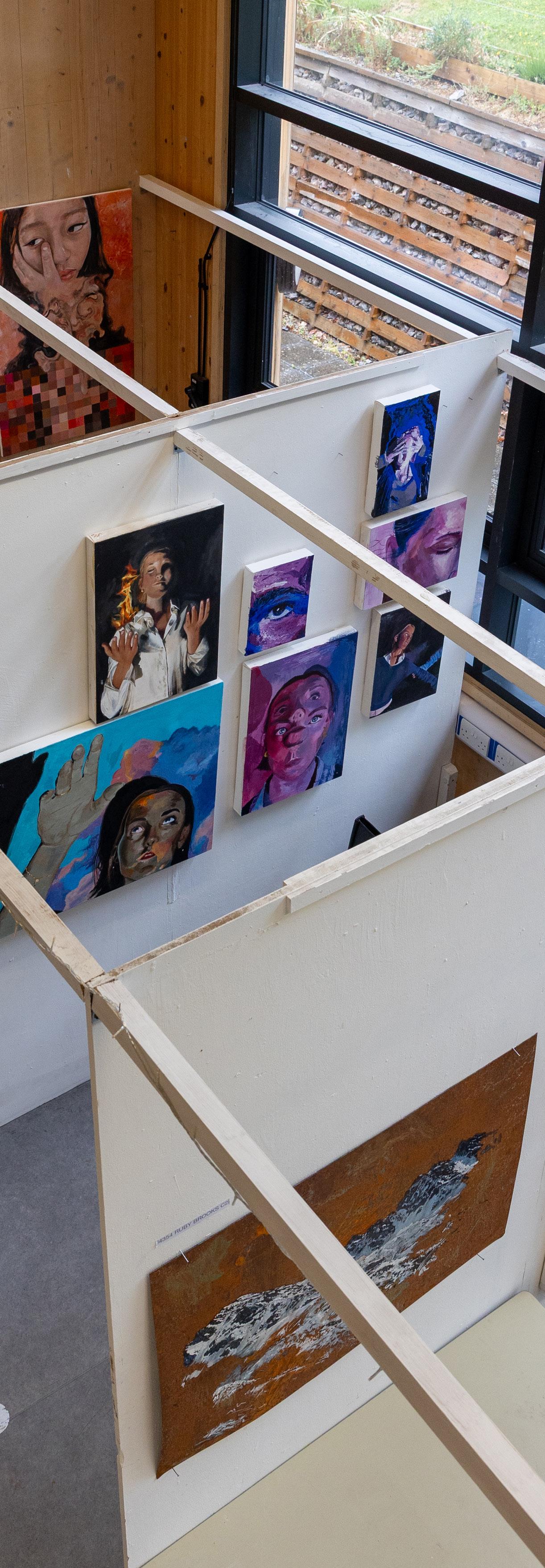
EDEXCEL EDEXCEL
Why study this subject?
Maths is a fantastic course for developing analytical and logical thinking skills. Covering a wide variety of topics, students will learn how to solve complex, multi stage, problems carefully and accurately.
What will I learn at A Level?
Primarily you will learn the skills to think logically and solve complex problems using your creativity. However the nuts and bolts of the course includes calculus, trigonometry, geometry, graphical work, algebra, statistics and mechanics.
How is the course structured?
You will have two teachers: one for Pure Mathematics and one for Applied Mathematics (Statistics and Mechanics). Two thirds of the course is Pure, one sixth Statistics and one sixth Mechanics.
How is the course examined?
There are three exams at the end of Year 13. Two for Pure Mathematics and one for Applied Mathematics.
What could I do next?
Maths is a highly valued A Level from which you can go on to study many different courses. It is useful not only for STEM subjects, but for Humanities, the Arts and Architecture. The Statistics side of the course helps with everything from Geography to Psychology. Maths will set you up for life!
Why study this subject?
If the challenge of studying twice the amount of Maths in Year 12, compared to a single mathematician, excites you, then the Further Maths course is the one for you. (And, quite frankly, it is a fascinating course – you have chosen wisely.)
What will I learn at A Level?
Lots and lots of Maths! You will complete the entire Single Maths course in one year, followed by an additional A Level in Further Maths in Year 13. Topics will include complex numbers, matrices, calculus, proofs and more. On top of this students will study further Mechanics and Statistics.
How is the course structured?
In Year 12 the split will be the same as that experienced by the single mathematicians i.e. two thirds Pure and one third a combined Statistics and Mechanics course. In Year 13 it is one half Pure and one half Applied Mathematics.
How is the course examined?
There are three exams in Year 13 taken for the Single Mathematics A Level. For the Further Mathematics A Level there are two Pure exams and two Applied exams, equally weighted.
What could I do next?
Further Mathematics is required by most top universities as a prerequisite to studying Mathematics. In addition it is loved by engineering, economics or science-based departments, or it can simply be used as a calling card for elite mathematicians.

Why study this subject?
If you have ever wanted to be your own boss, start a business, or accelerate your climb up the corporate ladder? A Level business is a fanastic course. The A Level gives students the knowledge, skills, and determination to succeed wherever their future career may take them. Transferable skills of people management, financial planning, success and failure are all life skills harnessed in this course.
What will I learn at A Level?
In Year 12, topics include marketing, operations, finance, and human resources, all taught through real-life case studies. Students learn how businesses grow, compete, and respond to external influences. In Year 13, the focus shifts to business strategy, decision-making, and the global marketplace. Students explore how firms manage change, assess risk, and maintain competitiveness in an ever-evolving environment. The course also develops key analytical, problem-solving, and evaluation skills. It is perfect preparation for university, apprenticeships, or the world of work in any business-related field.
How is the course structured?
In A Level Business you will study 4 themes.
Theme 1: ‘Marketing & People’ focuses on market research and marketing, HR, and the skills required to be an entrepreneur.
Theme 2: ‘Managing Business Activities’ explores the financial side of running a business, including budgeting, analysing breakeven outputs, and financial record keeping. Theme 3: ‘Business Decisions & Strategy’ enables students to understand how businesses make decisions, analyse the outcomes of these decisions, and adapt.
Theme 4: ‘Global Business’ covers international trade, globalisation, and how businesses adapt to increasingly global markets.
How is the course examined?
The entirety of Edexcel A Level Business is assessed externally through 3 A Level exams. Each exam paper is 2 hours in duration.
• Paper 1 includes contents from Theme 1 and Theme 4 and is worth 35% of your grade.
• Paper 2 includes content from Theme 2 and Theme 3 and is also worth 35% of your grade.
• Paper 3 assesses all content and is built around a specific industry via pre released material, which students are expected to research independently before sitting the exam.
What could I do next?
The Business A Level opens the doors to a wide range of university degrees and careers given its adaptable problem solving and analytical demands. Careers in finance, accounting, business management, consultancy, politics, logistics and enterprise are just some of the paths taken. Business really is everywhere.
Why study this subject?
Economics is in action all around us every day. As such, the study of Economics allows students to understand the world they are living in. We are bombarded with headlines about inflation, interest rates, government budgets, and tariffs. Economics gives students the skills not only to understand these issues in depth, but to formulate their own, wellinformed opinions.
What will I learn at A Level?
The study of A Level Economics delves into the UK’s organisation of scarce resources to maximise the benefit for the most of us. Specifically, students learn in two halves, simultaneously! You will learn about microeconomics - how prices are determined, how people make choices, and what happens when markets go wrong. At the same time, students learn macroeconomics - the economy of the UK as a whole, how the Government makes decisions, why people go on strike and how banks actually work.
How is the course structured?
In A Level Economics, you’ll be taught by two teachers: one for microeconomics and one for macroeconomics. In Year 12 micro, you’ll explore how markets work, why they fail and how to fix them, and how people make decisions, often irrational ones… it is a social science. In macro, you’ll learn how the economy functions, how the government balances taxation and spending, and how the Bank of England manages inflation through interest rates. In Year 13, micro covers market structures and monopoly power, and the role of trade unions. Macroeconomics focuses on globalisation, international trade, and ends with the study of economic development and growth.
How is the course examined?
The entirety of AQA A Level Economics is assessed through 3 examinations. Each exam paper is weighted equally, accounting for 33% of your final grade. Each exam paper is 2 hours in duration.
• Paper 1 includes only topics from the microeconomics side of the course.
• Paper 2 includes only topics from the macroeconomics side of the course.
• Paper 3 includes both topics with a focus on a policy recommendation.
What could I do next?
Economics opens the doors to a wide range of industries and opportunities and is one of the greatest A Levels for employment given its breadth of study. Studying Economics, particularly with Mathematics, can lead to professions in data science, data analysis, finance, banking, accountancy, risk management, consultancy, government and politics and more.
OCR
Why study this subject?
If you have a love of and an inquisitiveness for the living world Biology is for you. You’ll gain an appreciation of how molecular biology impacts on life at every level from the cell, to organisms like yourself and the ecosystems that provide habitiats for all organisms. Much time is spent looking at DNA and how it codes for all life on Earth.
What will I learn at A Level?
You will gain an appreciation of the four themes of how life on Earth functions by obtaining an energy source, cell theory, how structure relates to function and how evolution leads to those functional structures in organisms. The importance of DNA in modern society underpins much of the specification. You’ll be challenged intellectually, and learn to think critically.
How is the course structured?
Through the course you will have two teachers who will team teach the components of the specification together. While we do a lot of practical work you are assessed in twelve core practicals so you become competent at carrying out practical tasks. There is also a three day Marine Biology field trip to Wales, an immunity workshop at the Edward Jenner museum and a genetics workshop at ‘We the Curious’ in Bristol.
How is the course examined?
There are three two hour exam papers. Paper 1 is based only on Year 12 content, Paper 2 on Year 13 content and Paper 3 is synoptic with questions based on your ability to evaluate data and think critically.
What could I do next?
Because Biology can be studied alongside just about every other A Level subject you can end up doing a degree or a career in just about every field there is; Medicine, Law, Business Management, Teaching or even Space.
Why study this subject?
Physics is fundamental in explaining how the world around us works, and doesn’t work. From the structure of the proton to the expansion of the universe, the subject investigates, evaluates evidence and produces theories. It is a subject that can enhance a logical, ordered structure to life, whilst also suggesting the chaotic and unimaginable such as quantum mechanics.
What will I learn at A Level?
Students will investigate the physical world through practical work whilst also reviewing the theories developed through such work. Increasingly, digital software can be used to enhance the individual understanding, with data-logging, simulators and analytical packages commonly used. There is also a development of mathematical skills to evaluate data sets, providing insight into the relationship between quantities. To add to the student experience, the Department regularly runs a trip to CERN in Geneva, the largest particle accelerator in the world. This opportunity to view the cutting edge research taking place and meet leading scientists and engineers is key to inspiring the next generation of physicists.
How is the course structured?
The course is structured into modules throughout the two years and each class will be taught by two specialist Physics teachers. Lessons are taught in fully equipped laboratories with an emphasis on practical work.
Year 12: mechanics; materials; electricity; waves; quantum mechanics.
Year 13: thermal physics and ideal gases; further mechanics including circular motion and SHM; gravitational, electric and magnetic fields; capacitance; cosmology and astrophysics; nuclear and particle physics; radioactivity; medical physics.
How is the course examined?
The course is examined by three written papers:
• Paper 1 (37%) Modelling Physics: 2 hours 15 minutes / 100 marks
• Paper 2 (37%) Exploring Physics: 2 hours 15 minutes / 100 marks
• Paper 3 (26%) Unified Physics: 1 hours 30 minutes / 70 marks
In addition, there are 12 Practical Assessments (over the 2 years and in labs) which develop and assess the practical skills of each student. This produces a PASS/FAIL result, but does not directly affect the A Level grade awarded.
What could I do next?
Gaining a Physics A Level illustrates that a student is able to solve problems, work practically, research logically and produce reliable solutions. Students often go onto further study or careers in Engineering, Astronomy, IT, Medicine or further academic research. Additionally, a wide range of employment, such as the finance and commercial world, look for the analytical and logical mind of the physicist.
Why study this subject?
Chemistry is the science behind life-changing breakthroughs: from curing diseases to creating sustainable energy. It unlocks the secrets of the world around us and powers innovation in everything from tech to textiles. Studying Chemistry hones your curiosity, sharpens your thinking, and opens doors to exciting, high-impact careers.
What will I learn at A Level?
You’ll study Physical Chemistry topics like Energetics, Kinetics, and Equilibria, Inorganic Chemistry focusing on Groups 2 and 7 and transition metals, and in Organic Chemistry you will learn about a variety of functional groups including: alkanes, alkenes, haloalkanes, alcohols, carboxylic acids, amines, amides, amino acids, polymers and aromatic compounds including Benzene and Phenol; work will include understanding the chemical and physical properties, reactions and synthetic processes and analytical techniques. Theory is reinforced through practical work and university-led workshops.
How is the course structured?
The course combines theoretical and practical learning across two years. Year 1 (7 lessons a week) covers foundational topics and includes a synthesis and analysis workshop at Bath University. Year 2 (8 lessons a week) builds on this with more quantitative content and advanced practical work, including a visit to Bristol University. Topics are developed progressively across Physical, Organic, and Inorganic Chemistry. You will have two teachers one of whom will specialise in Organic Chemistry and the other will specialise in Physical and Inorganic Chemistry.
How is the course examined?
Assessment is through three written papers at the end of Year 2:
• Paper 1 (135 minutes, 100 marks): Inorganic Chemistry and Physical Chemistry
• Paper 2 (135 minutes, 100 marks): Organic Chemistry (Synthesis and analytical techniques)
• Paper 3 (90 minutes, 70 marks): Unified Chemistry (Synoptic Questions)
Practical skills are continuously assessed during the course to demonstrate competency in laboratory work.
What could I do next?
Chemistry A Level leads to degrees in Chemistry, Pharmacy, Biological Sciences, Veterinary Science, Medicine, Dentistry, and Engineering—opening exciting pathways into research, healthcare, and industries that tackle real-world challenges and drive innovation.
Why study this subject?
The art of computational thinking is a mode of thought that goes well beyond the software and hardware of the physical computer. It provides a logical framework from which a student can reason about systems and problems. The skills and awareness of the digital world will aid students to analyse, critically assess and make decisions.
What will I learn at A Level?
The course covers a variety of topic areas from hardware and software, to legal and ethical issues, to the creative nature of programming. Students gain experience in developing programming languages (usually based on Python), whilst also studying how computers are built, installed and share data. The latter includes the software and physical networking solutions, the development of databases and building web based solutions using HTM, CSS and Javascript. Problem solving skills are developed with challenges to build algorithms to achieve solutions, often enhancing the students’ understanding of agile programming methods as well as testing methods for evaluation.
How is the course structured?
The course is taught as two strands, side by side, by two separate members of staff.
Computer Systems: hardware; software; networking and data exchange; algorithms; legal and ethical issues. Algorithms and Programming: computational thinking; problem solving and programming; algorithms.
In addition, the programming project is integrated into the course and combines teaching time with study outside the classroom. A project report with analysis, design, development and evaluation stages is written whilst also producing the programming code. Most high level languages can be used, although students have tended to produce programmes in Python with its associated libraries.
How is the course examined?
The course is examined through two written papers and one non-examined assessment (NEA) programming project.
• Paper 1 (40%) Computer Systems: 2 hours 30 minutes written paper (no calculators).
• Paper 2 (40%) Algorithms and Programming: 2 hours 30 minutes written paper (no calculators).
• NEA Programming Project (20%): coursework completed over the 2 years.
The programming project is marked internally and then moderated by OCR exam board.
What could I do next?
Given the presence of computing in the world, the experience and understanding gained from the course is applicable in most Higher Education courses and the wider world. However, it is directly relevant to degrees in Computer Science, Physics, Engineering, Graphics and Game Design.
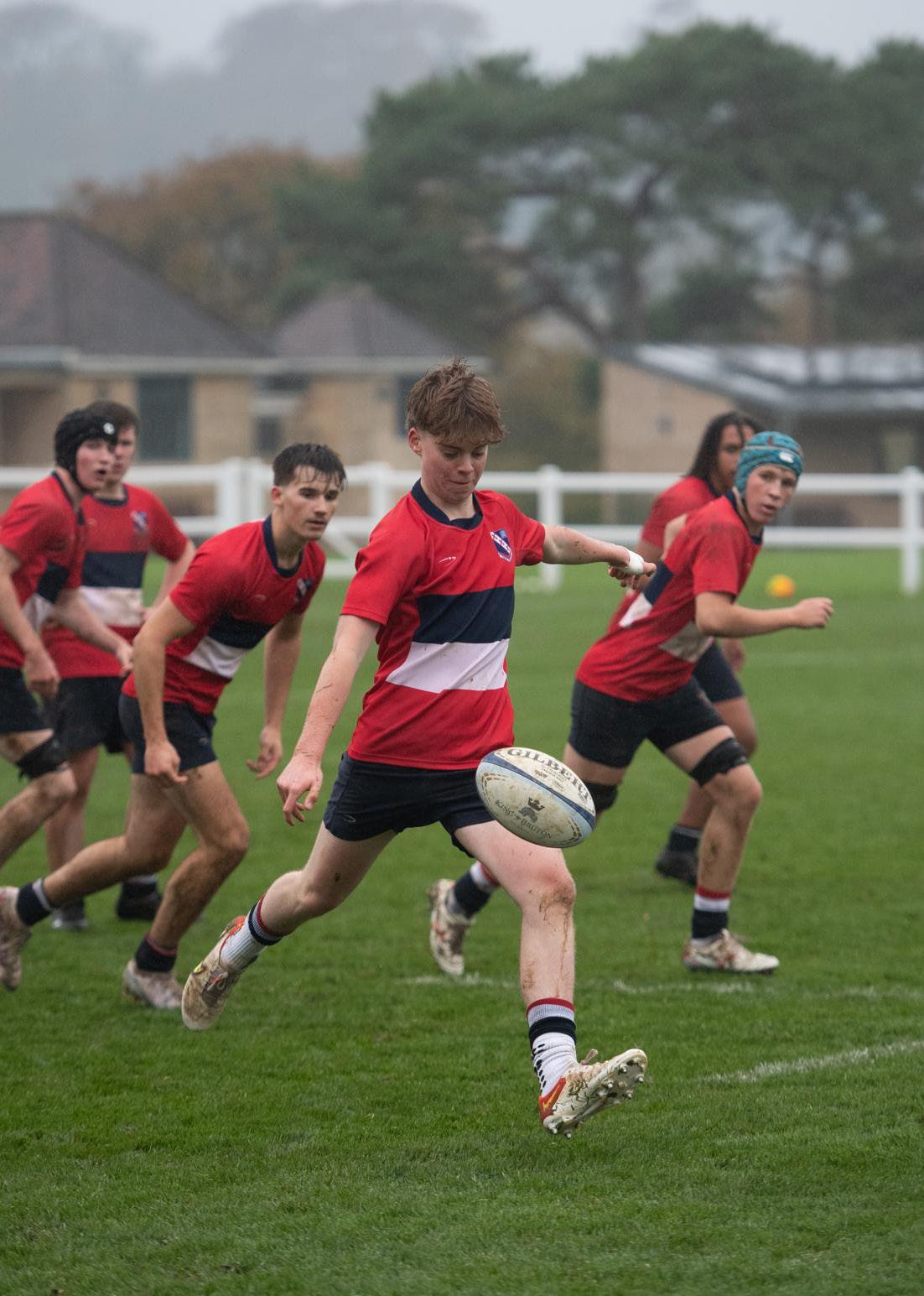
Why study this subject?
Physical Education is a combination of sport, science, psychology and sociology. It’s a wonderfully diverse subject that allows you to explore the exciting world of sports performance, look beyond the classroom and apply Physical Education to your own sporting experiences as well as those of elite performers.
What will I learn at A Level?
The course focuses on the theory behind ‘participation and performance in physical activity as part of a balanced, active and healthy lifestyle’. Topics include exploring the history and development of sport, skill development, psychological performance theories, movement analysis, body systems, diet and nutrition, training methods and planning, technological advancements and biomechanics. We also aim to help learners develop independently through assessment tasks and develop confidence in their exam skills.
How is the course structured?
In Year 12 we cover the history of sport, skill development, body systems, training methods and planning and movement analysis. We also aim to complete most of the coursework tasks and practical assessed elements. In Year 13 we cover psychological performance theories, diet and nutrition, technological advancements and biomechanics. In addition to this, we do revision lessons, exam technique lessons and take more time to complete the coursework elements of the course should we need to.
How is the course examined?
You will sit two exams in the summer of Year 13, both of equal value (70% total).
• Paper 1 includes Year 12 content.
• Paper 2 includes Year 13 content. In addition to this, you then have two coursework elements. The first is a written performance analysis on one sport which uses theories from the course to suggest reasons for performance and ways to improve. The second is a practical assessment in one sport where you will need to gather competition video evidence and complete a written documentary of your competitions to evidence your grade. Both tasks are worth equal amounts (30% total).
As a side note, we recommend that you are competing to first team school level or higher for your practically assessed sport.
What could I do next?
Recent Monkton students have chosen some of the following sports-related courses and careers: Sports Science, Sports Studies, Sports Management, Sports Massage, Sports Coaching, Personal Training, Physiotherapy, PGCE PE Teaching, Sports Journalism, Sports Technology, Sports Psychology, Occupational Therapy and Dietician. This course will allow you to access university courses, apprenticeships or just give you a more indepth look into your own sporting performance
Why study this subject?
Psychology gives us an insight into who we are. It helps to solve the puzzle of why some people might do one thing, whilst others do another. It explains why some people are more likely to develop ‘abnormal’ behaviours than others. It helps us gain a greater understanding of the people around us and can make us more compassionate as a result. If this excites you, A Level Psychology could be the perfect choice.
What will I learn at A Level?
You will learn about a wide range of topics including social influence, attachment, memory, clinical psychology & mental health, the approaches, biopsychology, issues & debates, schizophrenia, forensic psychology and relationships. Alongside these specific topics, you will also study Research Methods, which is integral to the whole A Level. It considers the critical evaluation of how psychological research is carried out and how this might impact on research findings.
How is the course structured?
In Year 12 you will cover Social Influence, Attachment, Memory and Clinical Psychology & Mental Health, as well as integrated Research Methods applied to each topic. You will carry out your own psychological investigations, an important aspect of the learning as it helps to embed knowledge from a practical perspective, which will then prepare you for your own study designs. You will then cover The Approaches with integrated Issues & Debates and then finish Year 12 with Biopsychology. In Year 13, you will move onto more advanced Research Methods including inferential statistics. You will also cover Schizophrenia, Forensic Psychology and Relationships.
How is the course examined?
• Paper 1 (2 hours, 96 marks): Social Influence, Attachment, Memory and Clinical Psychology & Mental Health
• Paper 2 (2 hours, 96 marks): The Approaches, Biopsychology and Research Methods
• Paper 3 (2 hours, 96 marks): Issues & Debates, Schizophrenia, Forensic Psychology and Relationships
What could I do next?
As well as a subject in its own right, Psychology is also incorporated in other degree programmes, for example: Education, Sports Science, Management, Business and Medicine. After graduation many avenues are open in specialist areas of psychology, but Psychology graduates also go into advertising, marketing, sales, management, media and many other professions. Psychology is applicable to a wide range of careers and life in general.
Why study this subject?
A Level English Literature is an invitation to explore bold ideas, beautiful writing and diverse perspectives. From Shakespeare and Whitman to Coetzee and Colson Whitehead, we study writers who challenge, inspire and provoke. It’s a subject where your voice matters—and your personal response is part of the conversation.
What will I learn at A Level?
You’ll learn to read with insight, write with clarity and think with independence. We explore a wide range of writers across time and place, from canonical figures to contemporary voices from across the globe. You’ll study poetry, drama and prose, developing skills in analysis, interpretation and argument. Our lessons are discussion-based and student-led, creating a collaborative space where personal response and critical curiosity are central. We encourage you to take intellectual risks, to listen carefully, and to shape your own ideas through thoughtful engagement with the texts.
How is the course structured?
The course is divided into two parts: AS Level (Year 12) and A Level (Year 13), with the AS making up 50% of the final A Level grade. AS provides the foundation for advanced study, developing close reading and critical skills across three set texts and one unseen component. In Year 13, you build on this through four further texts, deepening your understanding through wider contextual study and exploration of critical perspectives. Across both years, lessons are shaped around dialogue, inquiry and collaborative interpretation—giving you the space to test ideas, take risks and develop your own literary voice.
How is the course examined?
All assessment is by written exam. There are four papers in total, taken across the two years. These cover drama, poetry, prose, and unseen analysis. You’ll write essays that test your ability to think independently, argue persuasively and analyse texts closely. There is no coursework, but plenty of opportunities for creative and critical writing throughout. The exams reward personal engagement, detailed knowledge and a clear, structured response. Your ability to evaluate different interpretations and show understanding of literary methods is central to success.
What could I do next?
English Literature is a respected route to study English, Law, History, or Philosophy at university, and supports careers in journalism, media, publishing, politics and education. It develops articulate, thoughtful and imaginative thinkers— qualities valued in every field.
Why study this subject?
A Level Media Studies asks how the media shapes – and reflects – our world. From Taylor Swift’s TikTok to crime drama, video games and digital activism, we explore how meaning is made, audiences targeted and ideologies reinforced or challenged. It’s a subject for curious, critical thinkers who want to understand power, identity and influence.
What will I learn at A Level?
You’ll explore how media products are constructed and interpreted, and how they represent ideas about gender, race, class and power. Through close study of TV, magazines, games, websites and more, you’ll apply theories, develop your own interpretations and learn to think independently about the role media plays in shaping society. You’ll also create your own cross-media production, developing creative, technical and conceptual skills. Our lessons are lively, discussionbased and analytical, with a strong emphasis on student voice and critical engagement.
How is the course structured?
The course is structured around four key areas: media language, representation, industry and audience. In Year 12, you’ll study a range of Close Study Products (CSPs) across TV, magazines, advertising and online platforms – from Deutschland 83 to Taylor Swift’s social media. In Year 13, you deepen your understanding through synoptic essays and a major practical project. Two exam papers test your analysis and critical thinking, while the NEA lets you design your own cross-media production. Throughout, we focus on connecting theory to real-world issues and cultural contexts.
How is the course examined?
Assessment is 70% exam and 30% coursework. You’ll it two two-hour exams testing your ability to analyse media products, apply theory and make sustained, critical arguments. These include unseen analysis and extended responses on set CSPs like GQ, The Sims Freeplay, and The Voice. The coursework (NEA) requires you to create a cross-media product, such as a website and print campaign, guided by your own statement of intent. The exams reward clarity of thought, conceptual understanding and personal engagement. The coursework develops your creativity, digital skills and understanding of audience and genre.
What could I do next?
Media Studies opens doors to courses in journalism, communications, marketing, film, politics, and cultural studies. It’s a springboard into creative industries, and sharpens skills in research, analysis and digital production – highly valued in today’s media-saturated world.
Why study this subject?
Drama and Theatre nurtures creativity, communication, and critical thinking, skills highly valued by employers. You’ll develop teamwork, confidence, and the ability to present ideas effectively, both on stage and in writing. It’s a subject that promotes empathy, resilience, and adaptability, preparing you for a broad range of future careers.
What will I learn at A Level?
You will explore how theatre communicates meaning to an audience through performance and design. You’ll study influential practitioners, reinterpret scripts, and devise original work in response to a stimulus. You will develop a practical understanding of acting, directing, and design while refining your written analytical skills. You will also experience live theatre and learn how to evaluate performances. The course encourages artistic independence, collaborative working, and a deep understanding of how performance can reflect and challenge the world around us.
How is the course structured?
The A Level is split into three components.
Component 1: studied in Year 12, is a reinterpretation of an extract from a play using the techniques of a chosen theatre practitioner.
Component 2: studied in Year 13, involves creating and performing two pieces: one devised and one from a published script. Each is developed through a different theatrical style. Component 3: studied across both years, is a written exam covering three set texts. You’ll study the roles of performer, designer, and director across all components. Throughout, you’ll build practical and theoretical understanding of drama, performance, and theatrical production.
How is the course examined?
The course is assessed through a combination of practical performance and written analysis. Components 1 and 2 (60%) are non-exam assessments: one is marked internally and moderated by the exam board; the other is externally examined by a visiting examiner. Both involve performing or designing, plus written evidence of process and evaluation. Component 3 (40%) is a 2½ hour written exam analysing two set texts and one extract. It assesses how theatre is developed and performed, including acting, design, direction, and interpretation. Across all components, you’ll be marked on creativity, understanding, application of theory, and critical reflection.
What could I do next?
Drama A Level leads to careers in the arts, media, education, law, and business. It builds transferable skills of confidence, communication, leadership, problem-solving, and emotional intelligence. Ideal skills for university, apprenticeships, and any profession valuing collaboration, creativity, and articulate self-expression.
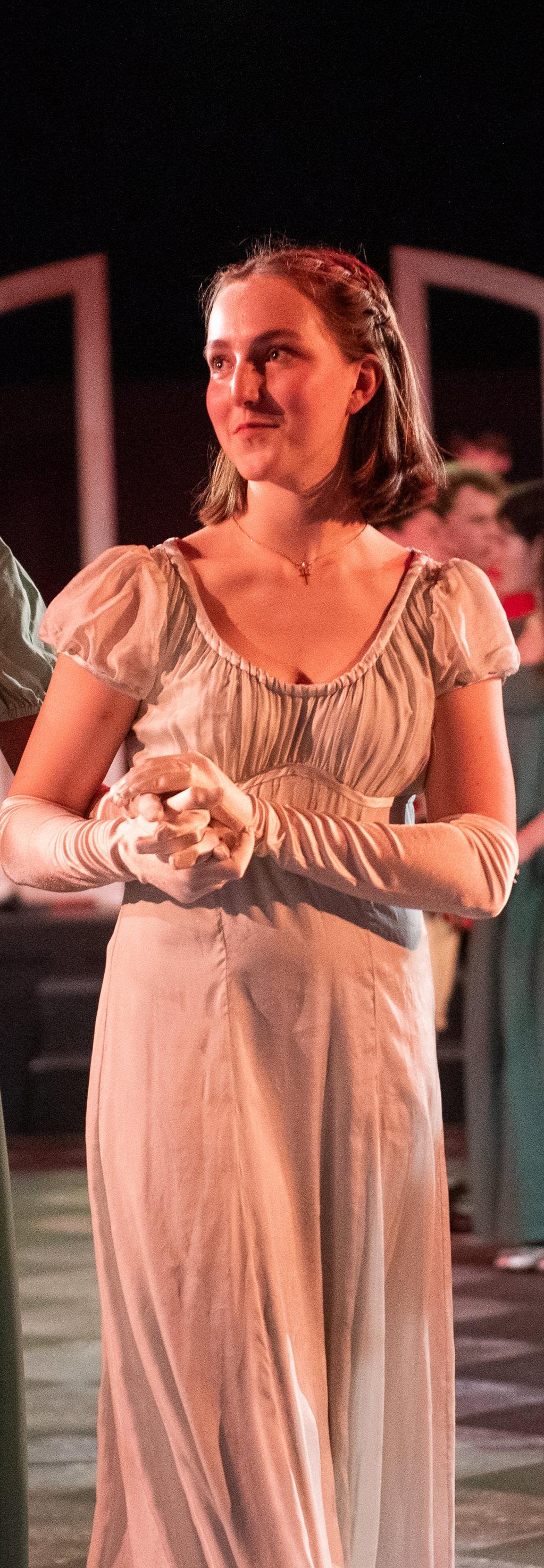
AQA
Why study this subject?
With A Level French, students engage on all levels with France and francophone countries in the knowledge that the ability to communicate in another language is essential in our globalised world. A Level French is recognised as one of the highly regarded facilitating subjects for university applications.
What will I learn at A Level?
Exploring the influence of the past on present-day Frenchspeaking communities pupils study the rich cultural heritage of French-speaking countries through French texts, music and film. Choosing a text and film from the syllabus and researching for your Independent Research Project allows you agency and makes the study of the cultural aspect of the syllabus all the more exciting! You will learn to express yourself fluently and accurately in French and be encouraged to speak French at all times in class.
How is the course structured?
Lessons are conducted in the target language, although the more complex structures are explained in English. You will study contemporary society, looking at how French speaking society has been shaped socially and culturally. The study of French texts and film are vital to understanding French culture. There are seven lessons per week in Year 12 and in Year 13. 1-1 Conversation is timetabled allowing you to practise Speaking skills and to familiarise yourself with the Independent Research Project undertaken in Year 12 and completed at the end of Year 13. There is great emphasis on class participation, research and presentations.
How is the course examined?
Exam board: AQA. The course is linear with assessment in the four skills of Listening, Reading, Writing and Speaking are at the end of Year 13. The Speaking exam is generally conducted by your class teacher and moderated externally.
What could I do next?
Language courses at universities offer a year abroad, enabling you to make further steps beyond university. Past pupils have studied French with Mandarin, Business or Fashion. Research shows us that language graduates are highly sought after by employers.
AQA
Why study this subject?
A Level Spanish is a gateway to deepening an understanding of Spain: its diverse hispanophone cultures; enabling students to have breadth and knowledge of its history, culture and politics. A Level Spanish allows you to communicate in the world’s third most spoken language, ever more essential in our globalised world.
What will I learn at A Level?
You will gain an insight into the Spanish language and culture of Spain and Spanish speaking Latin America: family structure, customs and contemporary society; looking also at the impact of diversity. You will study the rich cultural heritage of Spanish-speaking countries, including music, cinema and explore the influence of the past on present-day Hispanic communities through texts and film. There is also an Independent Research Project related to your Spanish studies on a subject of your choice.
How is the course structured?
The course is linear and exams of all four skills are tested at the end of the second year. Lessons are in the target language, although the more complex structures will be explained in English. There are seven lessons per week in Year 12 and Year 13. A set time for 1-1 Conversation is timetabled and these sessions allow you to practise Speaking skills and familiarise yourself with the Independent Research Project, which you will undertake in Year 12 and complete at the end of Year 13. There is a great emphasis on class participation, research and presentations.
How is the course examined?
Exam board: AQA. The course is linear and assessment in the four skills of Listening, Reading, Writing and Speaking are at the end of Year 13. The Speaking exam is generally conducted by your class teacher and moderated externally.
What could I do next?
There are language courses on offer at all universities. Past pupils have studied Spanish with Arabic, Mandarin or Korean. Your Year Abroad could take you to fashion houses or galleries, enabling you to make further steps beyond university.
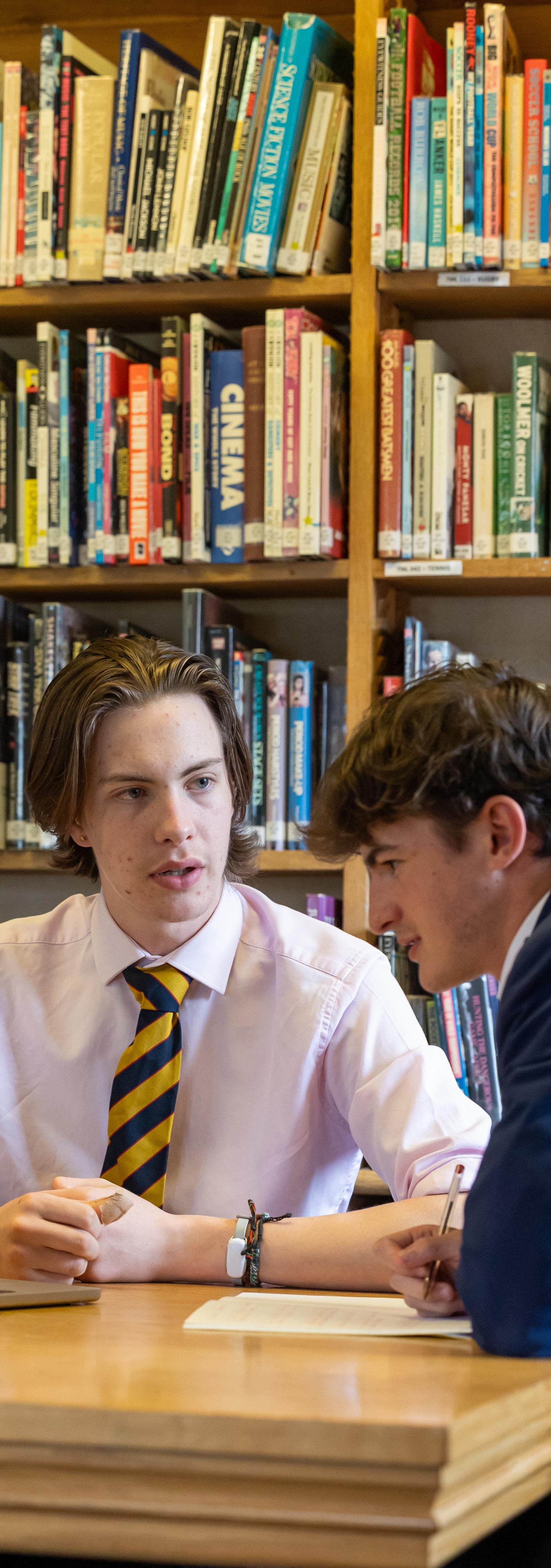
Why study this subject?
IELTS Academic English is an essential gateway course specifically for international EAL students. It prepares you for the globally recognised IELTS exam, supports your A level programme and develops key language and study skills for university. All classes are taught in specialist small groups using blended learning and communicative English to engage and equip you for the classroom and beyond. Where a need is identified, EAL courses are both compulsory and chargeable to ensure full and confident curriculum access in English.
What will I learn?
This integrated skills course covers academic English speaking, listening, reading and writing as well as building vocabulary and grammar. Each course unit explores a different topic such as health, the environment, business, science and culture for academic and everyday use. You will develop skills in oral communication, detailed comprehension, writing academic reports and essays, all through active learning and higher order thinking skills. The course blends a classroom textbook with a digital workbook for independent consolidation.
How is the course structured?
In Year 12, the standard course structure consists of five lessons a week which includes access to the exclusive EAL reading programme and library. In most cases, students are entered for the IELTS exam at the end of Year 12 at a local test centre. In Year 13, you will either exit EAL following your IELTS exam or transition to a reduced programme of academic English or subject-specific language support. Alternatively, you may continue with your IELTS preparation and take the exam in Year 13. Each pathway is tailored to your specific learning needs and goals.
How is the course examined?
The IELTS academic exam is equally weighted across speaking, listening, reading and writing and is graded from 1-9. For English medium university entrance students require a minimum grade of 6.5 in each skill. There is no coursework component. Class-based assessment and feedback will take place on an ongoing basis with a formal mock exam shortly before the final external exam.
What could I do next?
The IELTS Academic English course is the perfect springboard for using confident and sophisticated English and advanced learning skills in your A-levels, university study, the workplace, travel and everyday life. In short, it’s a passport to your future!
CAMBRIDGE INTERNATIONAL A LEVEL
Why study this subject?
Are you interested in how we find solutions to problem such as rising sea levels, declining birth rates or trade inequalities? Geography gives you the skills and understanding to explore your own answers to some of the world’s biggest challenges.
What will I learn at A Level?
Geography A Level offers a unique opportunity to delve into the complexities of our world, exploring the relationships between physical and human environments and how these change over time. Whether it’s environmental degradation, migration or climate change, geography encourages you to explore these challenges from multiple perspectives. By analysing data, evaluating case studies, and debating solutions, you’ll develop a deeper understanding of how interconnected our world is.
How is the course structured?
The Cambridge International A Level Geography course has two external AS papers sat at the end of Year 12, accounting for 50% of the qualification, and a further two papers sat at the end of Year 13 to complete the full qualification. Year 12 covers Hydrology, Atmosphere, Geology, Population, Migration and Settlement Dynamics. In Year 13 there are fewer, but more detailed topics, covering Coastal Environments, Hazards, Environmental Management and Global Interdependence.
How is the course examined?
Geography A Level is assessed through four written exams, two at the end of Year 12 and two at the end of Year 13. In Year 12 the majority of the marks are allocated to shorter answer questions (ranging between 1 and 8 marks) with one 15 mark essay in each paper chosen from a range of topics. In Year 13 essays account for a greater proportion of marks, with two 20 mark essays for each paper.
What could I do next?
Geography is a broad subject, spanning across the sciences and humanities. This subject not only broadens your knowledge but also empowers you to wrestle with real-world problems, preparing you to contribute thoughtfully to global discussions and solutions, helpful for a range of careers such as conservation, politics or international development. Many students go on to study Geography or related degrees such as Environmental Science, Sociology, Urban Planning or Agriculture, to pursue careers in a wide variety of areas.
EDEXCEL
Why study this subject?
History offers the thrill of discovery as you explore key points that have shaped the modern world. It is a subject built on enquiry - investigating the past, analysing evidence and developing well-reasoned arguments. Our lessons are lively and encourage discussion, debate and critical thinking as we examine historical sources and challenge different interpretations.
What will I learn at A Level?
Our aim is to help you to think independently, ask questions and reach your own supported judgements. The content of the course covers a rich mix of Medieval and Modern topics that offer something entirely different to GCSE. You will examine the Crusades (c.1095-1204) and the impact on the Middle East and western world, and explore the Angevin Empire to understand key developments in medieval government, society, and the Church. Our study of US Civil Rights and Race Relations (c.1850-2009) traces the struggle for equality from the abolition of slavery to the election of Barack Obama. This final unit gives a good grounding the the US Political system and its recent history ensuring it has great value for today.
How is the course structured?
Four units are covered over two academic years. In Year 12, we focus on the Crusades, which contains an in-depth study of historical interpretations on the Fourth Crusade, and US Civil Rights and Race Relations. In Year 13, we look at the Angevin Empire in the reign of Henry II 1154-1189 and tackle coursework.
How is the course examined?
You will sit three written exams at the end of Year 13: the Crusades (30%), US Civil Rights (30%), and the Angevin Empire (20%).
The final 20% comes from a coursework essay (3,000–4,000 words) on a historical topic of your choice. This is a chance to dive deep into an area that fascinates you, developing your research and writing skills. The coursework is marked in school and moderated externally by the examination board, Edexcel.
What could I do next?
Well, what do you want to do next?
History sharpens essential skills like critical thinking and research, opening doors to careers in law, politics, journalism, business and beyond. Whilst the course has a utilitarian value, more importantly it will make you consider change, the origins of information and differences in interpretation, and so help prepare you for the challenges of tomorrow’s world.
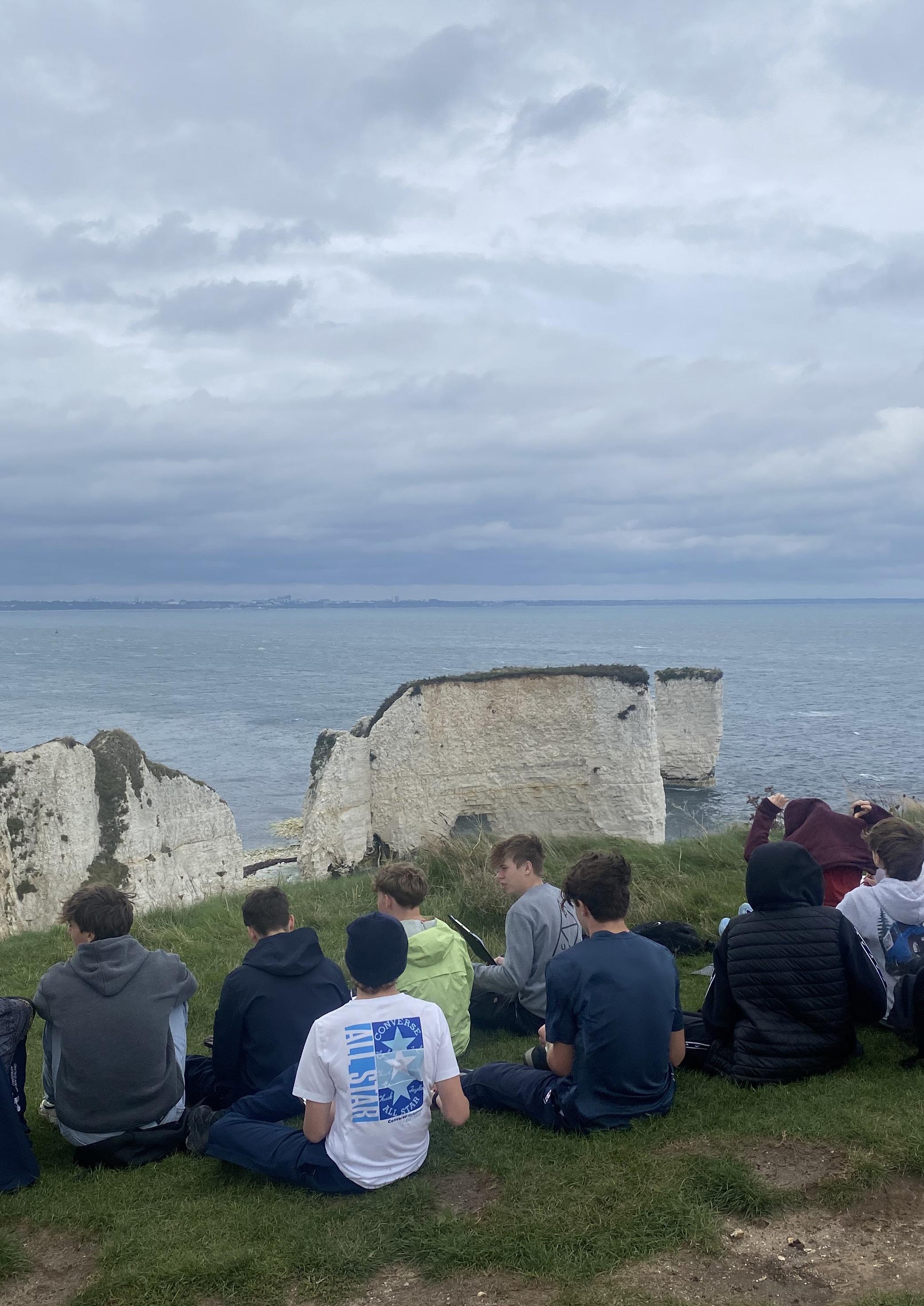

Why study this subject?
Studying Theology, Philosophy and Ethics at Monkton is a dynamic and growing experience that will challenge you to see the world in new ways. With a focus on discussion, debate and investigation alongside individualised support, you will find yourself developing skills that will last a lifetime.
What will I learn at A Level?
The course is wide ranging, providing an opportunity to explore ideas shaping many of the attitudes and beliefs of our time.
In Theology you will undertake a critical exploration of Jesus’ life and teachings within their historical context, examining their theological, ethical, and societal impact.. Philosophy is about understanding truth, meaning, language, belief and purpose. In Ethics, you will research issues ranging from climate change to equality, medical ethics and modern warfare. You will discover a range of ethical theories, applying them to real life contexts.
How is the course structured?
You will be taught each of the three strands separately, whilst at the same time learning to draw links between them to enrich your understanding.
From the very beginning you will develop key skills of synthesising, thinking critically, reasoning and justifying points using evidence and examples. You will engage with a variety of texts and scholars, analysing their views and developing your own.
The course is underpinned by a rich programme of supercurricular talks, debates and discussion groups, all of which will help you develop the skills and ideas you need to prepare you for life beyond Monkton.
How is the course examined?
There is no coursework for this subject. You will take three 2-hour exams at the end of Year 13, one in each strand of the course.
What could I do next?
TPE is a valuable A Level as it equips you for a wide variety of courses and careers, from humanities to sciences. Recent TPE graduates have gone on to study International Relations, Politics, Nursing, Economics and History.
“ TPE has encouraged me to go out and understand different religious viewpoints. It’s made me feel way more passionate about my beliefs because I’ve actually critiqued them.
Dami Class of 2025
OCR
Why study this subject?
Classical Civilisation focuses on the civilisations of Greece and Rome, and provides students with a broad and rewarding study of the classical world. It develops reasoning and analysis skills through visual and written material while acquiring an understanding of social historical and cultural contexts.
What will I learn at A Level?
Students have the opportunity to study elements of Greek epic literature in The World of the Hero, usually Homer’s Odyssey, examining characters and themes. Then the focus shifts to Imperial Image, charting the way in which Augustus stays in power through skillful manipulation of propaganda using literature, coins, buildings and statues.
How is the course structured?
For the literature, a systematic and thorough examination of the texts is a central part of the course, looking at the details of the writing alongside themes, characters and the overall plotline. For Imperial Image, Augustus’ rise and hold of power is studied chronologically, with focus on the ‘spin’ rather than the events themselves. This includes plenty of visual material and a wide range of cultural aspects.
How is the course examined?
This is an AS course offering. There are two papers, one on each part of the course, requiring short, factual answers based on source material. There are also longer answers, also centred on the sources, as well as a more general essay where candidates are required to show their wider knowledge and understanding of the material studied.
What could I do next?
You not only acquire specific Classical knowledge, but also important transferable skills such as analysing sources and developing independent, critical and evaluative approaches. You learn to formulate an argument and develop a valuable understanding of cultures very different from your own. Students have gone on to study a diverse range of subjects.

EDEXCEL
Why study this subject?
Studying Music at A Level builds valuable skills like discipline, creativity, and problem-solving. You learn to analyse, perform, and appreciate music in depth, developing confidence and teamwork skills that are useful in many careers. The course is an exceptionally broad one, covering many contrasting styles, from Bach to Kate Bush.
What will I learn at A Level?
You will learn how to analyse music using music theory and you will also learn how to place music within a social, aesthetic and historical context. On the performing front, you will develop your skills here, mostly through your continuing one-to-one instrumental lessons. On the composition front, you will develop your creativity of approach and you will learn how to apply more advanced theoretical concepts to your work.
How is the course structured?
60% of the course consists of coursework:
Performance is 30%, Composition is another 30%
The final 40% is assessed through an exam that is sat at the end of the course, testing your analytical abilities with reference to the set works that we study throughout the course
How is the course examined?
The final paper, which comprises 40% of the course has two sections to it:
Section A: small listening tests based on the set works that we study throughout the course
Section B: an unfamiliar music essay followed by a long-form analytical essay based on one of our set works
What could I do next?
A Level Music opens the door to many options. Of course, you’d be able to pursue a traditional music or technical musical qualification at university but you’d also be able to pursue something in the wider creative arts. Our music students have also gone on to pursue courses in Medicine, Law, Graphic design, Engineering, Computer science and many other fields. Music is looked on very favourably by institutions looking to find candidates who really stand out in an interesting way.
“
Through my years in the music department my self confidence has massively increased due to the support from the staff.
Anna Year 13 Student
Why study this subject?
BTEC Music Technology is heavily practical and largely mimics the syllabi used at Higher Education institutions. The work you will complete is all project based, replicating real-world scenarios within the context of mixing, mastering, sampling, and composing. Studying this subject sets you up very well for a future career in any of these disciplines.
What will I learn at BTEC?
You will learn how to use tools to mix and master your work and you will also learn how to use synthesis and sampling tools in order to create meaningful, well-structured compositions. Furthermore, you will learn how to present your learning in the form of blogs and vlogs, offering clear guidance and advice to your target audience.
How is the course structured?
Students take 5 units of work over the course of two years. There are two mandatory units:
• DAW (Digital Audio Workstation) production
• Music and Sound for Media
In addition to the above, students choose an additional three units from the list below in order to complete the Extended Certificate qualification.
• Creative synthesis and sampling
• Remixing and Reworking
• Mixing and Mastering Techniques
• Commercial Music Production
How is the course examined?
The entire course is project-based and there is no final exam. Students are required to meet various deadlines throughout both years of the course and these deadlines are positioned in a way that allows sufficient time for planning and preparation. Three out of five of the units mentioned above are usually assessed externally in order to verify the internal mark awarded by your teachers.
What could I do next?
After completing the BTEC Extended Certificate in Music Production, students can progress to university to study degrees like Music Technology, Sound Engineering, or Audio Production. The qualification also opens up entry-level roles like studio assistant, podcast editor, or junior sound technician, and can support freelance work in music production. It’s also a strong foundation for combining music skills with areas like gaming, content creation, or film and TV sound design.
AQA
Why study this subject?
You will learn how to manage a large project from start to finish — creating a title, setting aims, planning and managing your time, researching effectively, writing analytically and presenting your findings. The EPQ builds academic confidence and deepens your understanding of a subject you choose to investigate.
How is the course structured?
EPQ is timetabled along with other subjects and you will have three lessons per week with your supervisor. During this time, you will receive lessons on the skills needed to complete the project well, as well as one to one meetings with your supervisor in order to help you progress. You can complete a 5,000 word report or produce an artefact supported by a written report.
How is the course examined?
The course is entirely coursework based (there is no written exam). It is assessed using four criteria: project management, effective use and selection of resources, project development/realisation and conclusions and reflection. The EPQ is assessed by your supervisor and internally standardised, then externally moderated by AQA.
What could I do next?
Universities have been hugely positive about the EPQ course due to the range of academic skills that are developed. Many top institutions will issue lower offers based on a successful EPQ grade. EPQ grades also carry points which can form part of a points-based university offer. The EPQ provides an excellent opportunity for you to choose a topic that will feed into a potential career or degree course, and this functions as an excellent complement to a UCAS application or CV.
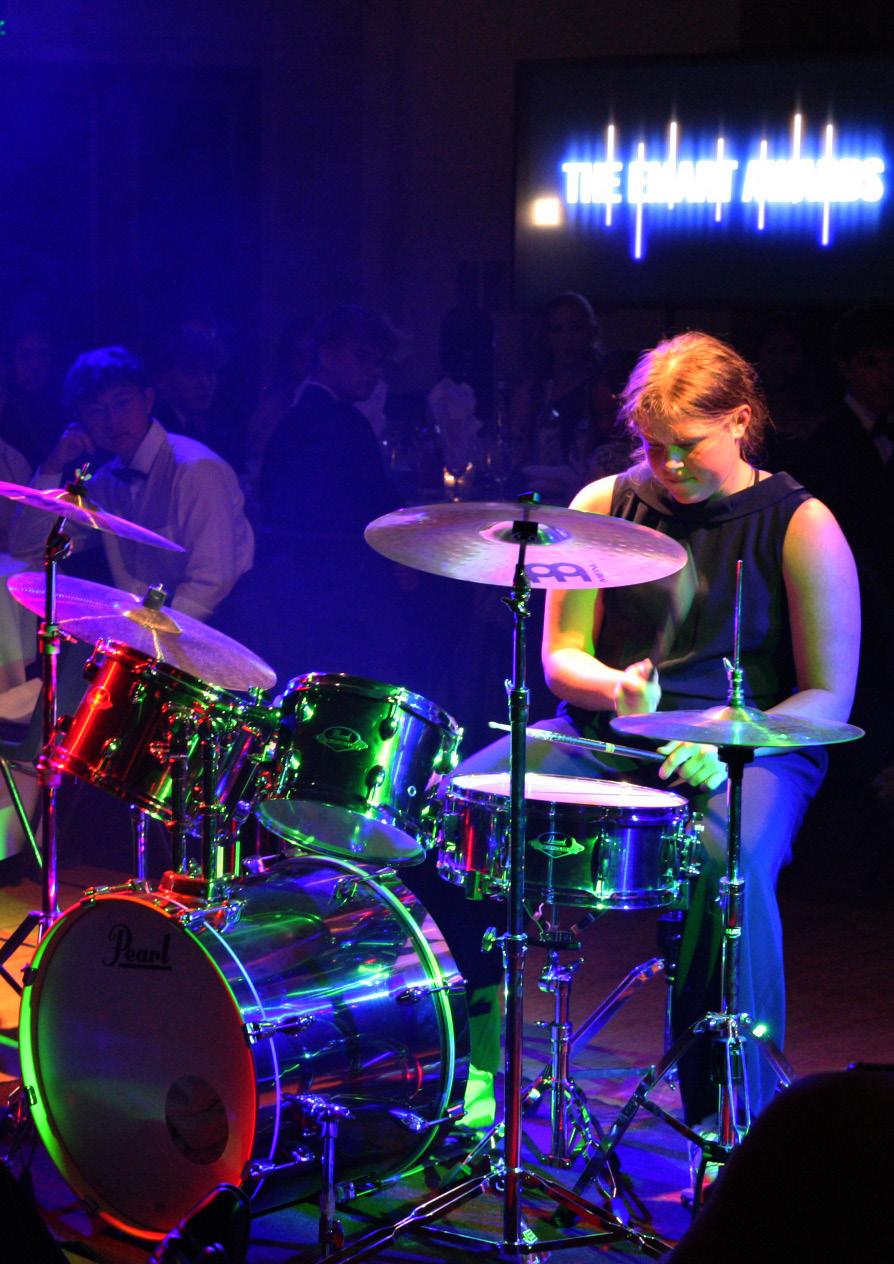
Monkton is deeply committed to fostering a community where exceptional talent, ambition, and dedication are not just recognised, but are actively nurtured and celebrated.
Our scholarship programme identifies and supports students who demonstrate outstanding potential in academics, arts, sports, and leadership. Scholars receive a discount on fees, but much more importantly access our Excellence Programme, offering mentorship, masterclasses and tailored trips to pursue their chosen discipline to the next level.
Our scholars are encouraged to challenge themselves, to explore new horizons, but also to make a positive impact to the school community through their passion for learning and their character.
We are proud of the achievements of our past scholars, who have gone on to excel in various fields, making significant contributions to society. Their success stories are a testament to the transformative power of education at our school.
To find out more, please contact Admissions.
“
I have reached the point where telling stories through dramatic and creative arts is the BEST thing I can do at Monkton. It’s addictive in all the best ways because people from every background and age come together to create a team with one goal - to convey a message, to take them somewhere they don’t yet know they want to go to!
We offer a number of means-tested bursaries each year to support students who would not otherwise be able to access Monkton, with particular priority given to the children of clergy and missionaries.
We are also proud to support our military families with a substantial discount (CEA +10%) as we understand how vital a stable, caring boarding community is for our military families.
Scholarship fee remission will be subsumed into any other financial award.
Please see our website for more details and discuss with Admissions at the earliest opportunity if you require financial support.
As a current Monkton pupil, there are various steps in choosing the A Level programme that is right for you.
Attend, with parents, where possible, the Sixth Form Open Evening, to find out more about Sixth Form at Monkton and specific information about each subject.
Use the Year 12 Taster Day to try out subjects you are considering.
Discuss with your teachers and tutor both your aspirations and your progress in the relevant subjects.
Submit provisional A Level choices in the Lent Term.
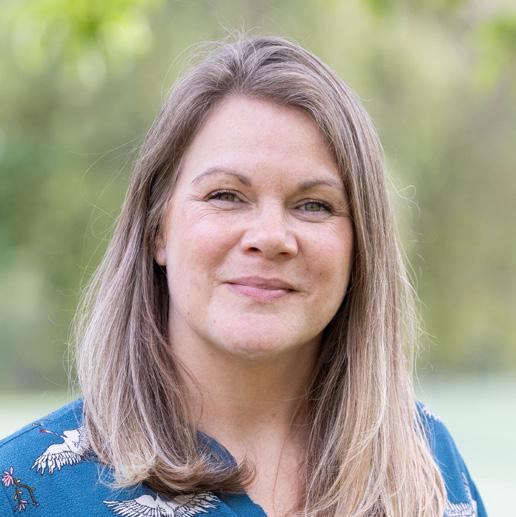
HANNAH PREECE
International
+44(0)1225 721133 preeceh@monkton.org.uk
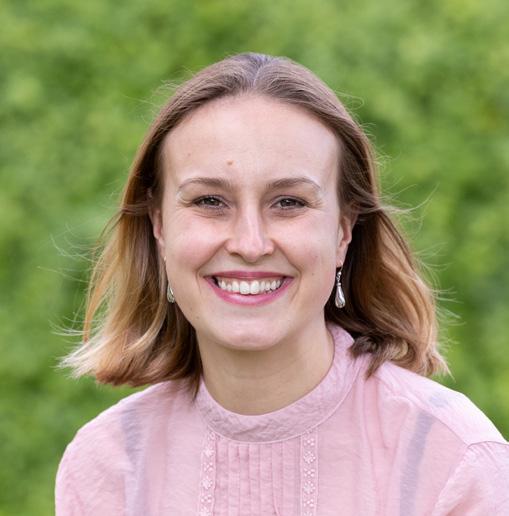
ALEX GRANT-TALBOT
Admissions (Senior)
+44(0)1225 721133
grant-talbota@monkton.org.uk
Visit us, either at an open morning or on an individual visit and join us for our annual Sixth Form Open Evening, to find out more about Sixth Form at Monkton and specific information about each subject.
Register with our Admissions department.
We will then ask you to sit an online test and have an interview with one of our senior leadership team.
We will contact you as soon as possible with the outcome. We hope to offer you a place to join Monkton Sixth Form.
Please get in touch with our Admissions team as soon as possible, as places are limited.
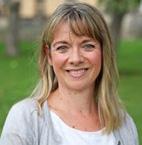
Visits and Enquiries
+44(0)1225 721133
klosterhalfena@monkton. org.uk
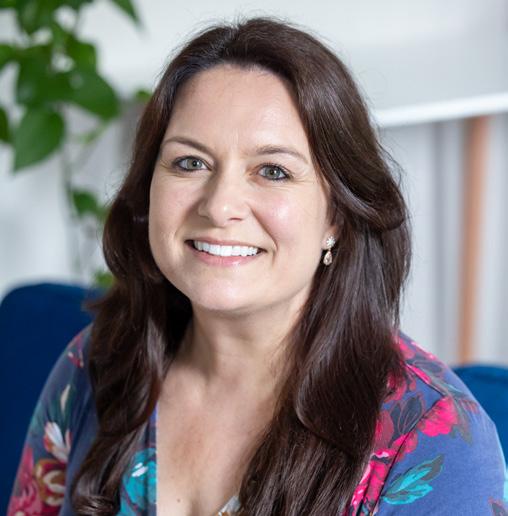
EMMA SYMONDS
Head of Admissions
+44(0)1225 721133 symondse@monkton.org.uk




Use PSHE Association Thematic Model to develop financial awareness and careers development
Year 13 mock examinations
Complete Year 12 end of year exams
Attend university Open Days
Begin your A Level programme
Begin your adventure beyond Monkton!
Success in Life Post Monkton Week
Study Leave begins - students are able to study in school workshops and gain ongoing support from teachers A Level Examinations

University Entrance Assessments - UCAT/MAT/PAT etc.
Careers questionnaire; refine CV and interview preparation
Apply to five UK universities via UCAS or apply to international universities, guided by your tutor and the Futures Team
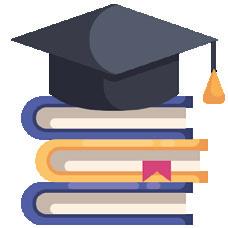
Attend ‘Writing Your UCAS Application’ Evening Seminar
University Conference in Bristol
Apply for Sixth Form student leadership team roles: Prefect, CU, Head of House...
Learn how to write an effective CV, prepare for interviews, financial literacy and professional conduct in the work place in PSHE
Careers and Networking Event
Ongoing support to develop excellent independent study skills through the effective use of study periods

Work Experience - gain valuable skills to showcase on your university application form
Year 12 Futures Day
Monkton Sixth Form Lecture Series

Year 12 Mid-Term Assessment
‘Introduction to Higher Education’ Evening
Become a Sixth Form Mentor
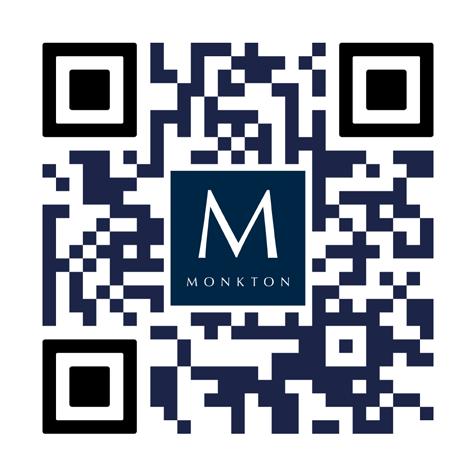
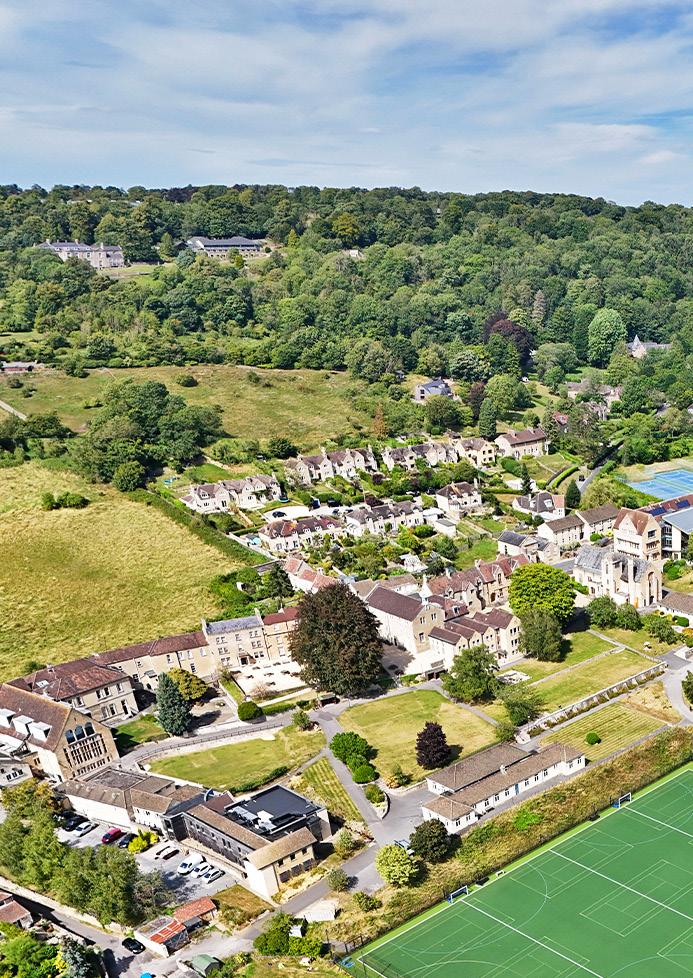
Scan the QR code to use our virtual campus map to get your bearings before you visit!
